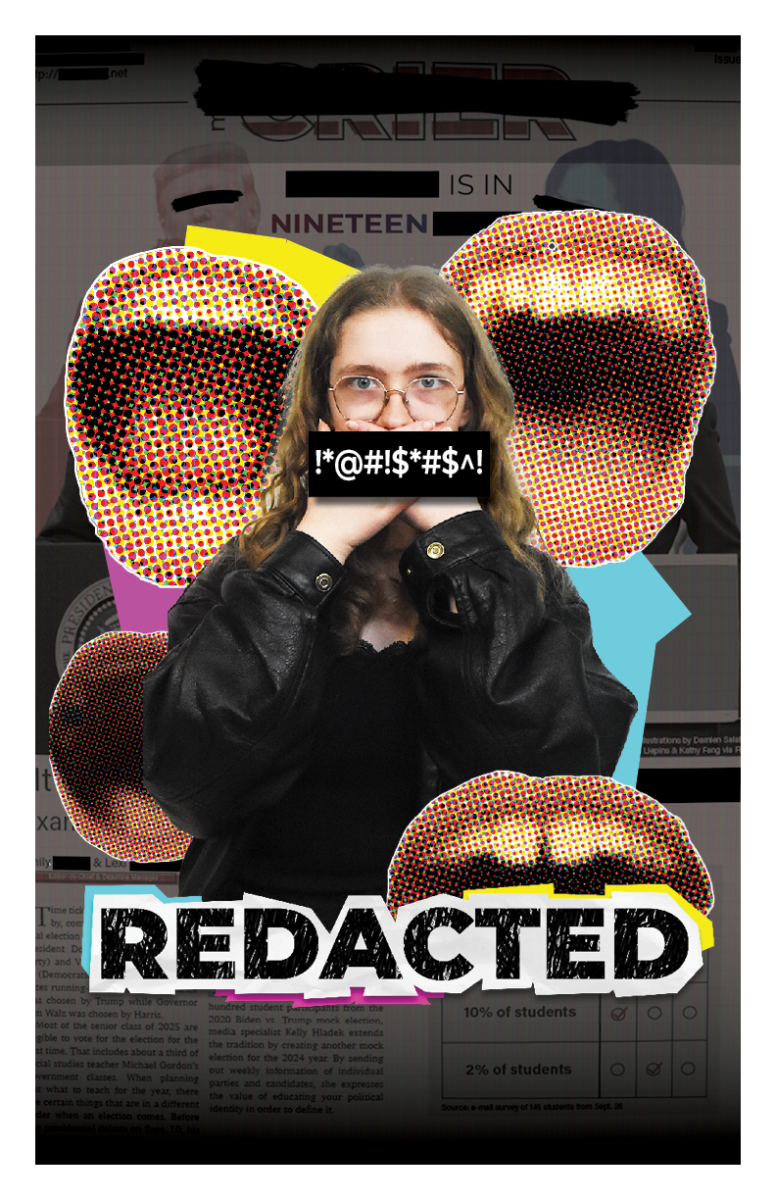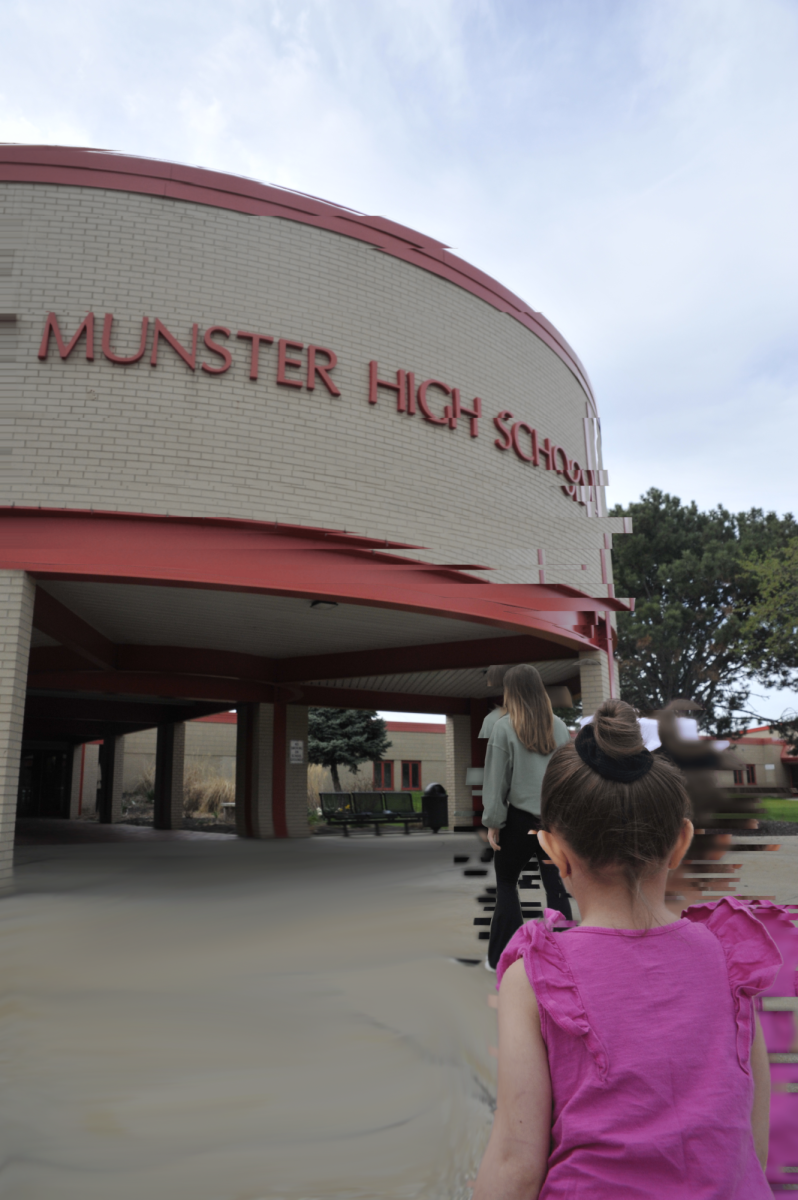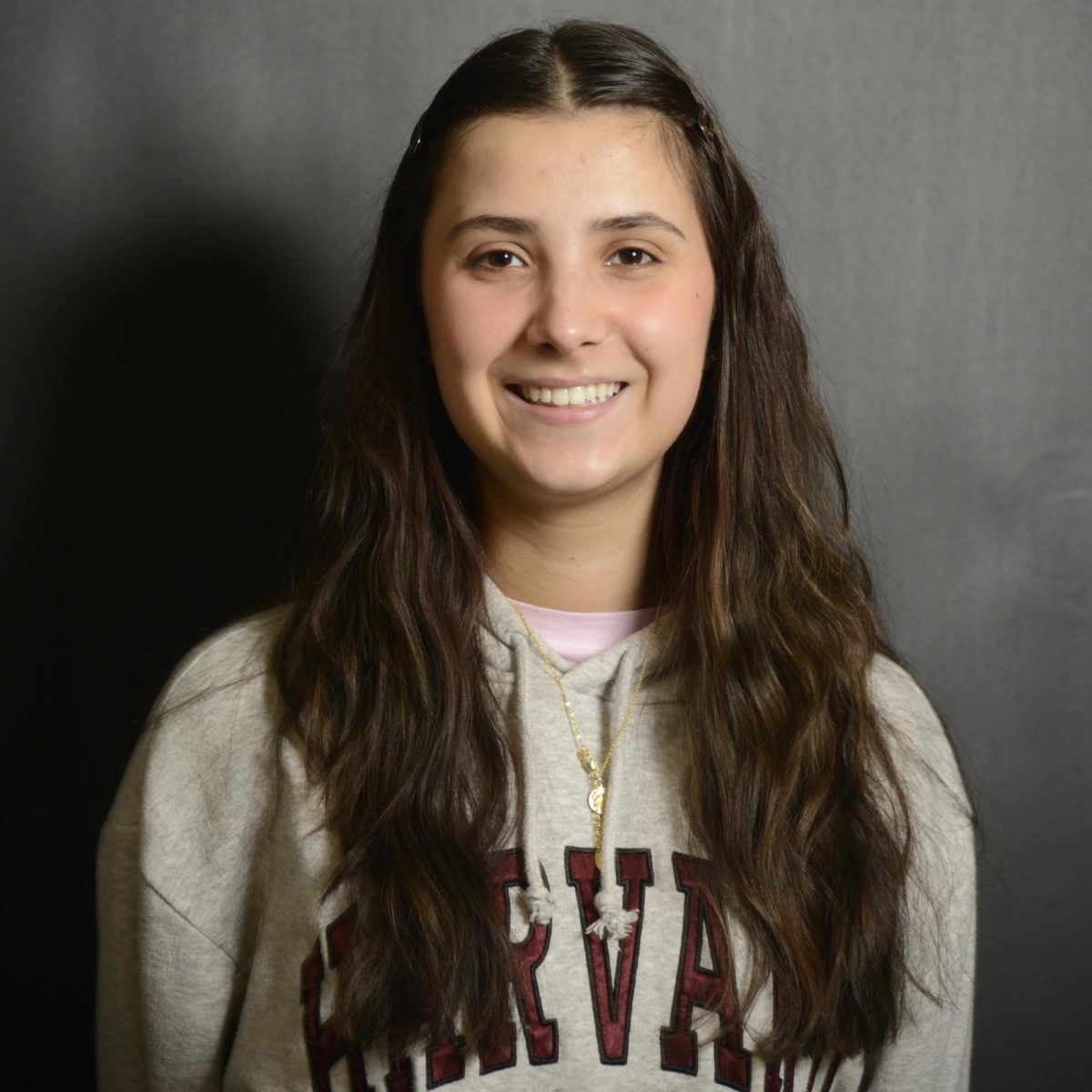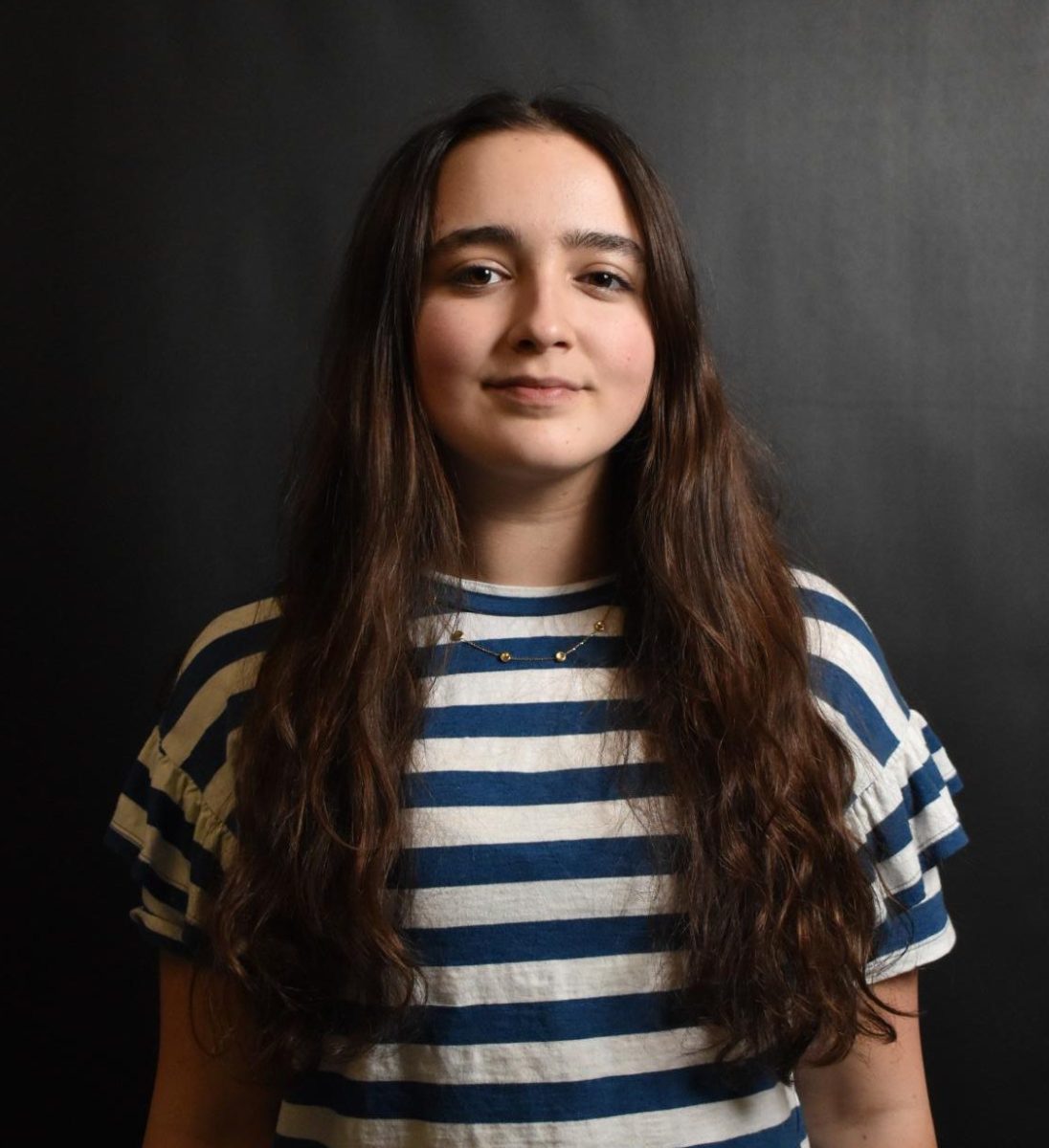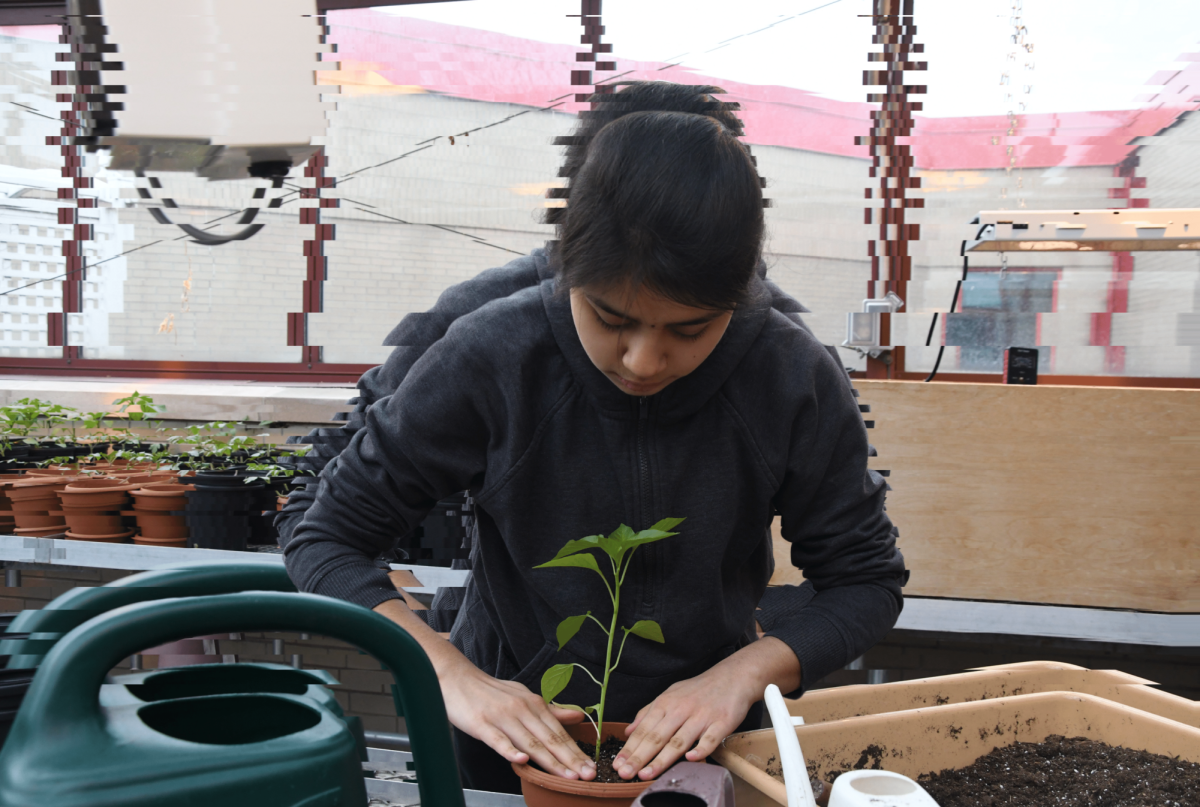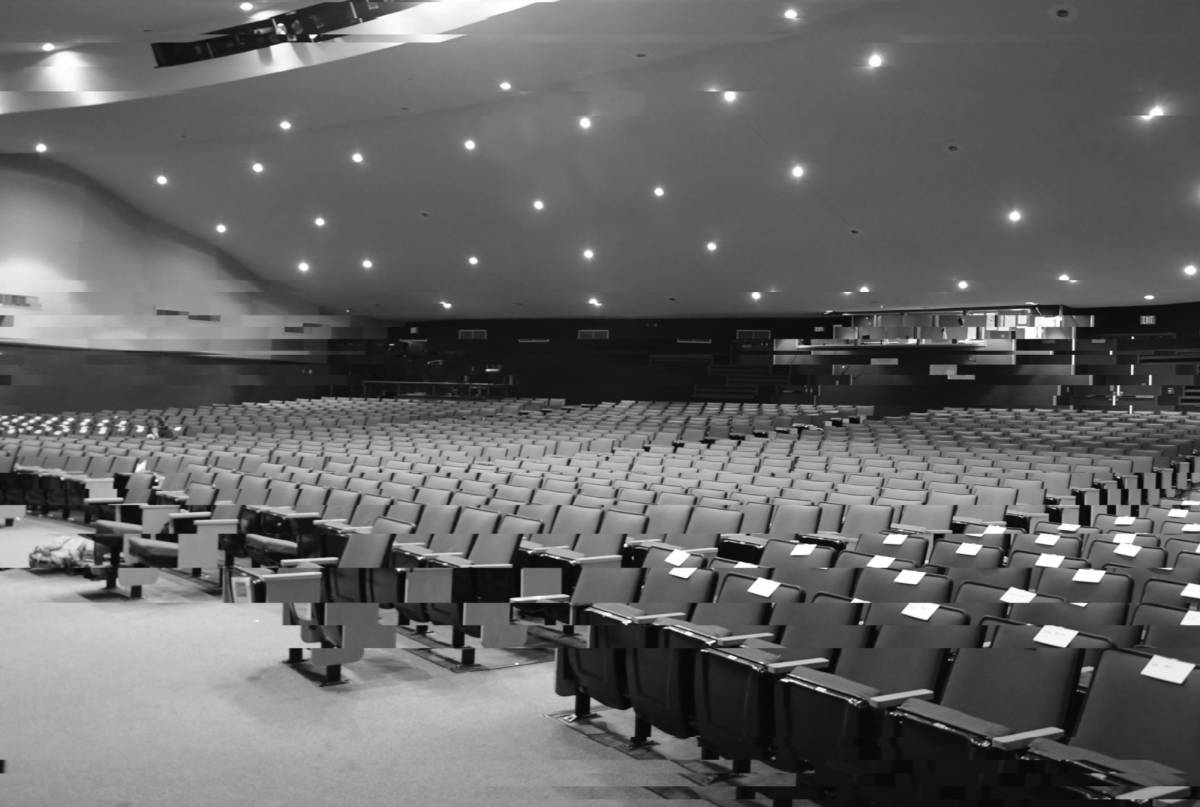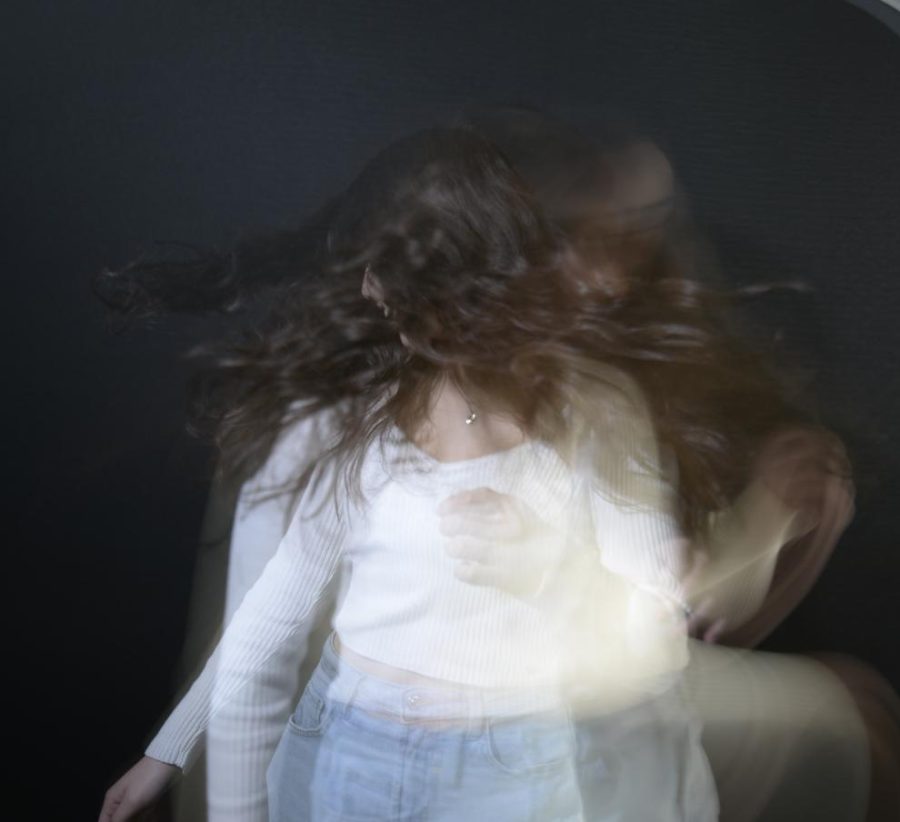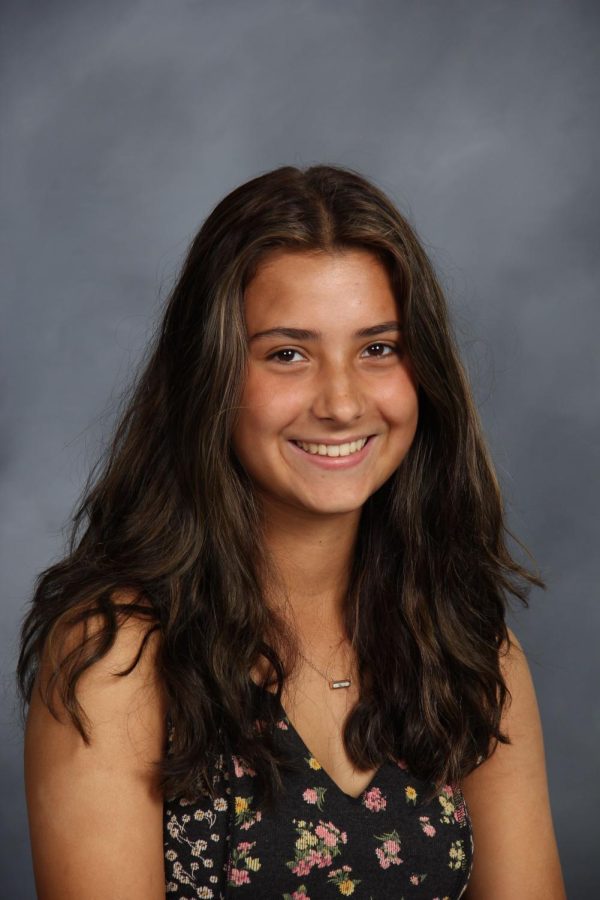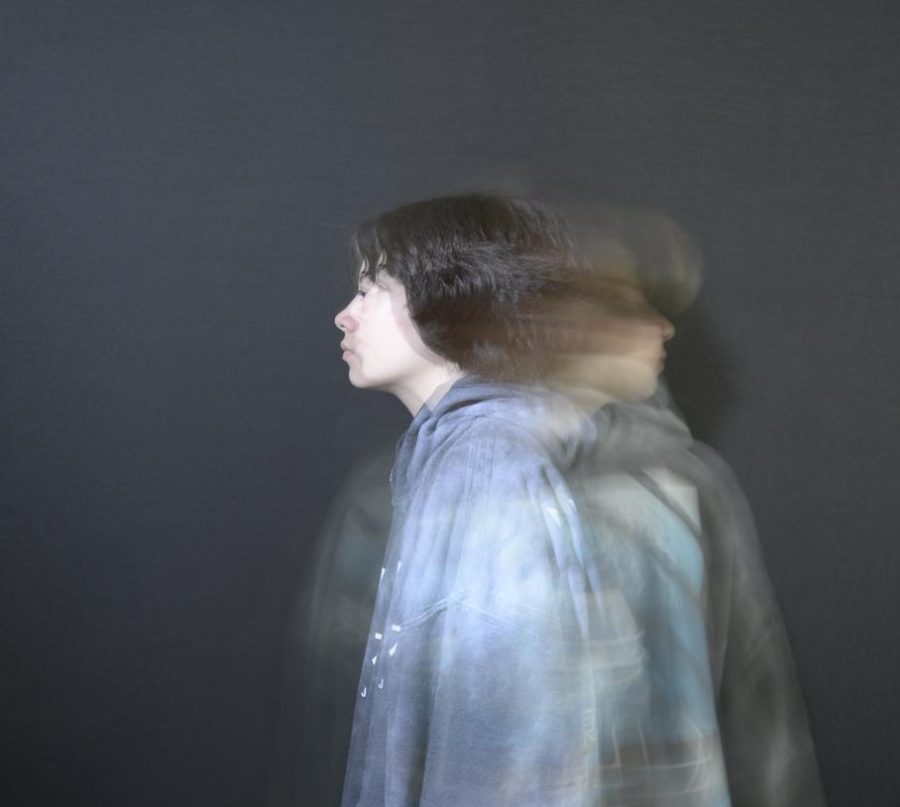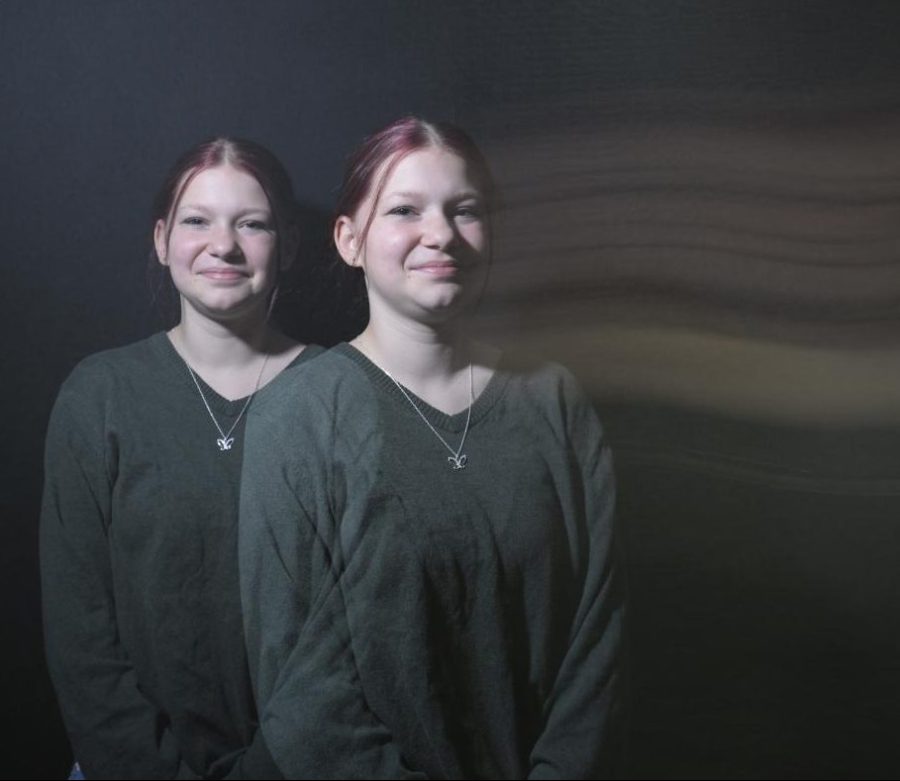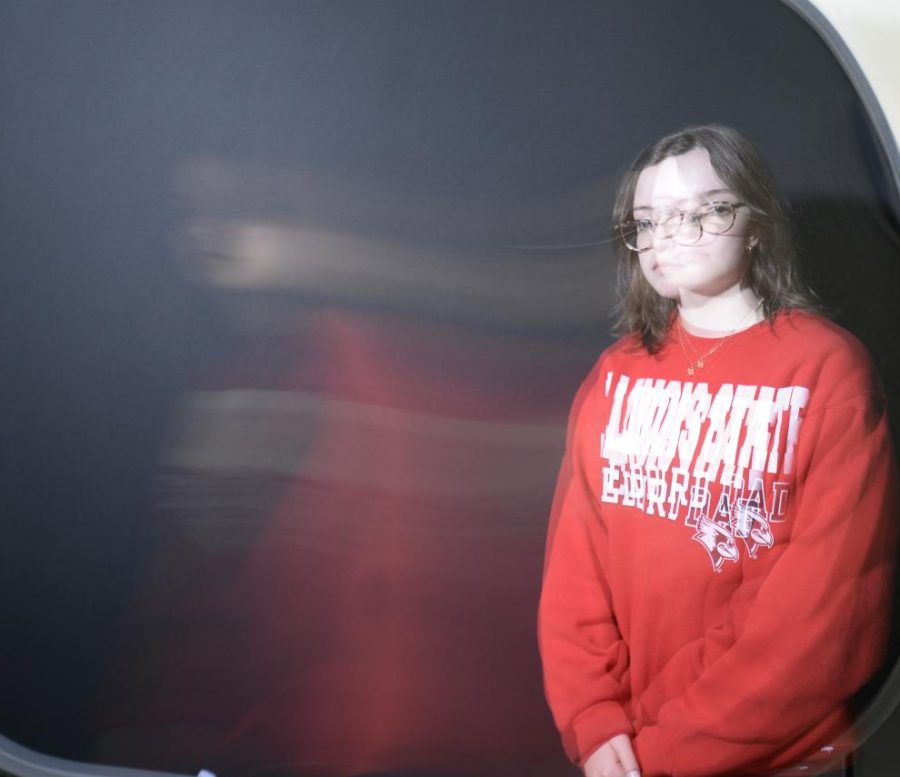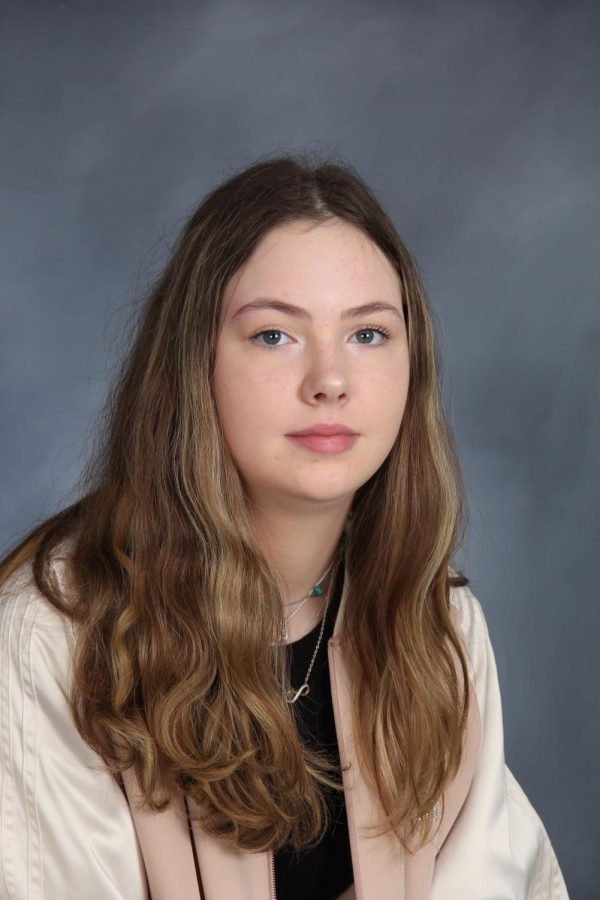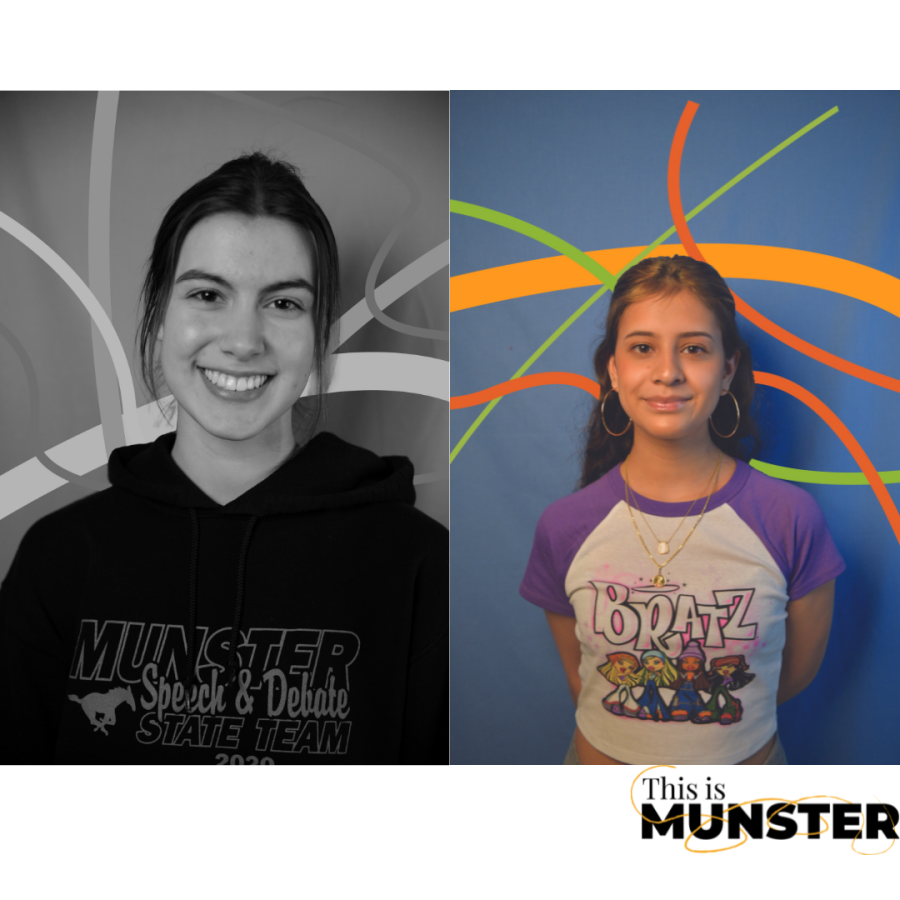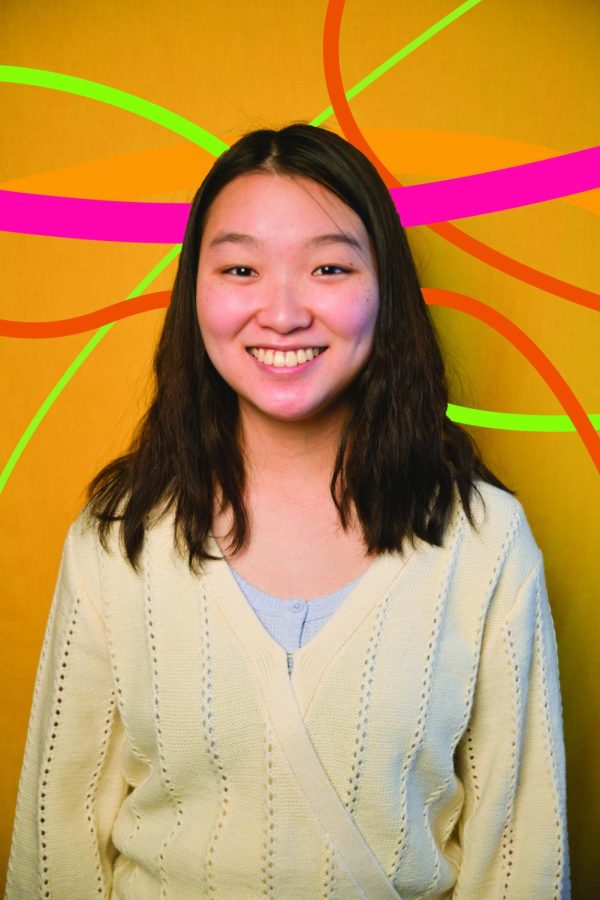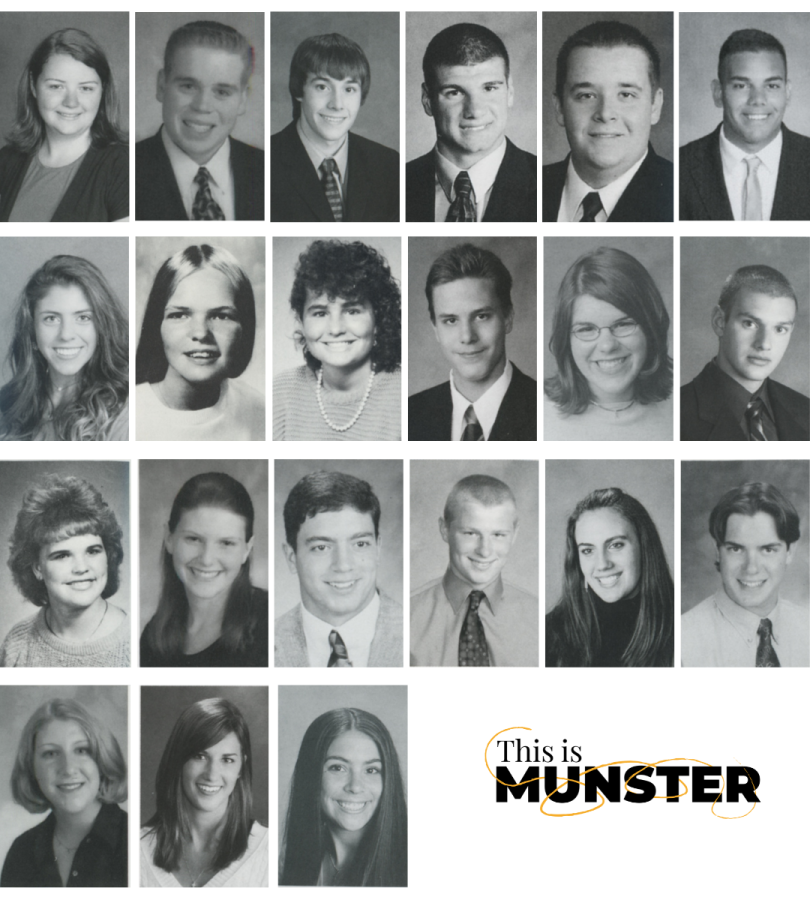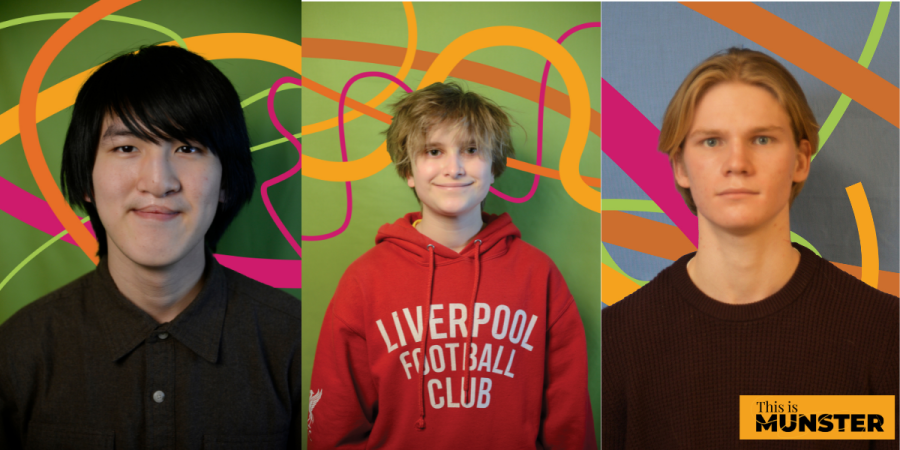Operant conditioning: 11,890 minutes remaining
April 20, 2023
The last time I’d set foot in Munster High, I had been a freshman. But now, on bleak Aug. 18, 2021, I was a junior — almost two years later. The virus had completely sucked away my motivation for education, a worrisome leech springing tragedies upon me left and right.
Coming out of what was the worst semester of my life due to the pandemic’s reign, I thoroughly believed that I’d thrown the towel in – despite being a good student all my life, I was going to graduate as a mediocre has-been barely scraping the box requirements.
I floated from class to class in an aloof, dreary acceptance of the next ten months of my life. It was nice to see Mrs. Barnes again – entering her classroom for AP Literature was like a continuation of the Honors English 9 class where I’d left off. But it wasn’t until the day had drawn to a close – passing period, seventh to eighth hour – that my junior year really began.
Psychology has always been a subject of fascination for me. As a creative writer, probing into the human mind is practically what I do for fun – in order to write a successful character, you have to know them, what they think and the methods behind their madness. In all of my misanthropic misery, however, I hadn’t built any tremendous hopes for AP Psychology. I was anticipating answering questions I already knew the answers to, cramming classwork in my study hall a few hours before, barely swinging by as I had continuously throughout the past year.
But those expectations were ravished as early as our first attendance call.
“You can call me L,” I raised my voice in response to the glum sound of my legal name, verbatim as I had throughout the start of every other class period – to the teachers I’d deemed wouldn’t throw me a weird look, anyways.
“Like, just the letter?” Mr. Kalwasinski shot back, flashing a glance up from his attendance sheet. Given a brief nod in response, I saw his eyes widen – clue to the smile smothered beneath his black mask. “I like that.”
Under any other circumstance, the moment would’ve soon been washed out of my short-term memory. But this wasn’t an average attendance call – it was the brink of something more. The months to come completely spun my expectations of all a high-school class could be.
Every day, I’d head to class and know exactly what to expect. Lecture day. Quiz. Lecture day. Quiz. Lecture day. Quiz. Review day. Test. It was a far stretch from the mundane Word documents of eLearning, where I’d been nothing more than a name on a screen. Instead of being abandoned, drowning in directionless responsibility to teach myself, each daily quiz demanded that I digested the information from the day previous. If the class flunked a particular question, the correct answer would be announced with a witty clarification of why the others were wrong – rather than leaving me to forget about a little lost point.
The day’s schedule was always projected on the board—a Times New Roman presentation of what we’d be doing — never with any surprises or unclear due dates. As a student with anxious tendencies and an obligate desire for routine, I never had to worry about being jostled by a surprise assignment or unrealistic expectation.
My dormant love for learning, bullied into burial, was rekindled through tales of Milgram and Pavlov (does the name ring a bell?) in a way that made me want to succeed. I thrived, and the infectious nature of passion was contagious. I wasn’t just getting through school anymore – I had something to look forward to at the end of every day, a recompense for coming to school at all. Maybe that was just operant conditioning – that is, a reward modifying my behavior – in full effect, but I had never so greatly experienced the influence of an instructor.
I passed my AP exams with soaring colors, went on to gather enough dual credits to skip my freshman year of college and re-discovered my fascination for education. I aid for Mr. K – I couldn’t be more grateful for our conversations and the effect that he and his class have had on me. It isn’t an over-exaggeration to say that my academic career was saved, and all it took was feeling like I was really seen.

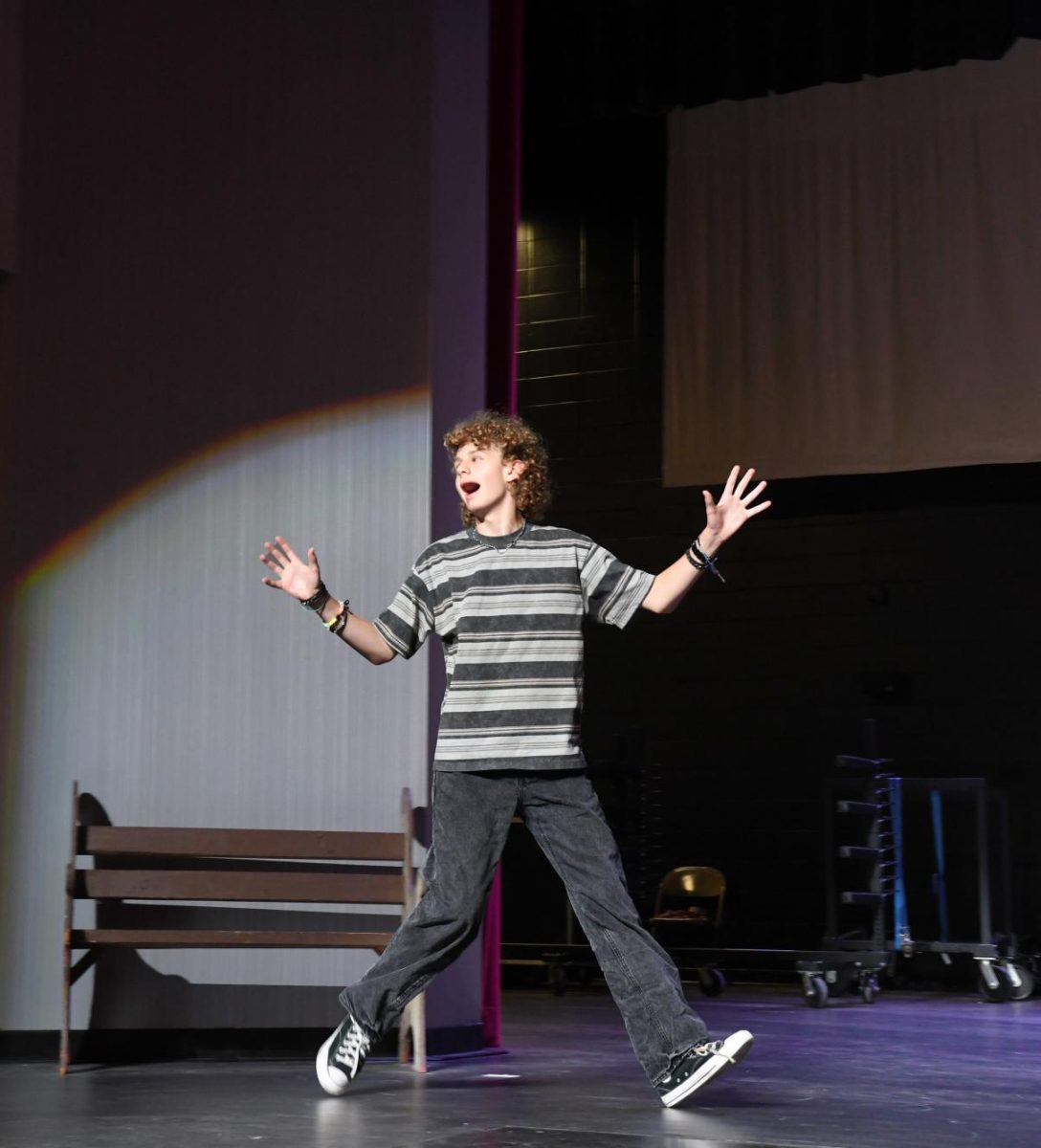
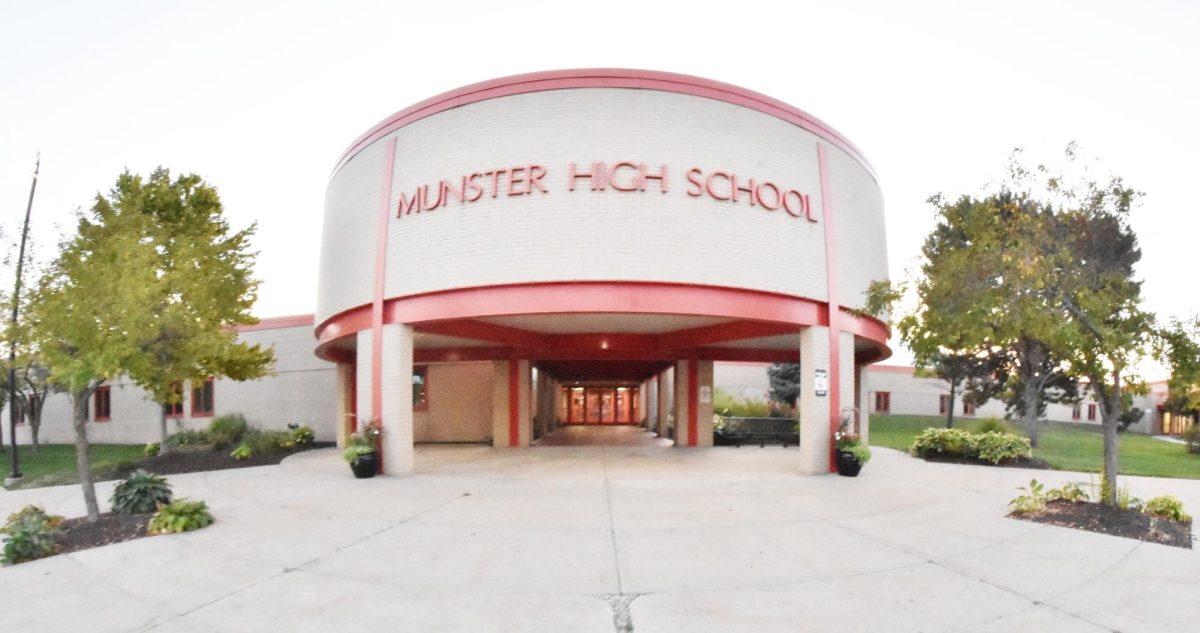

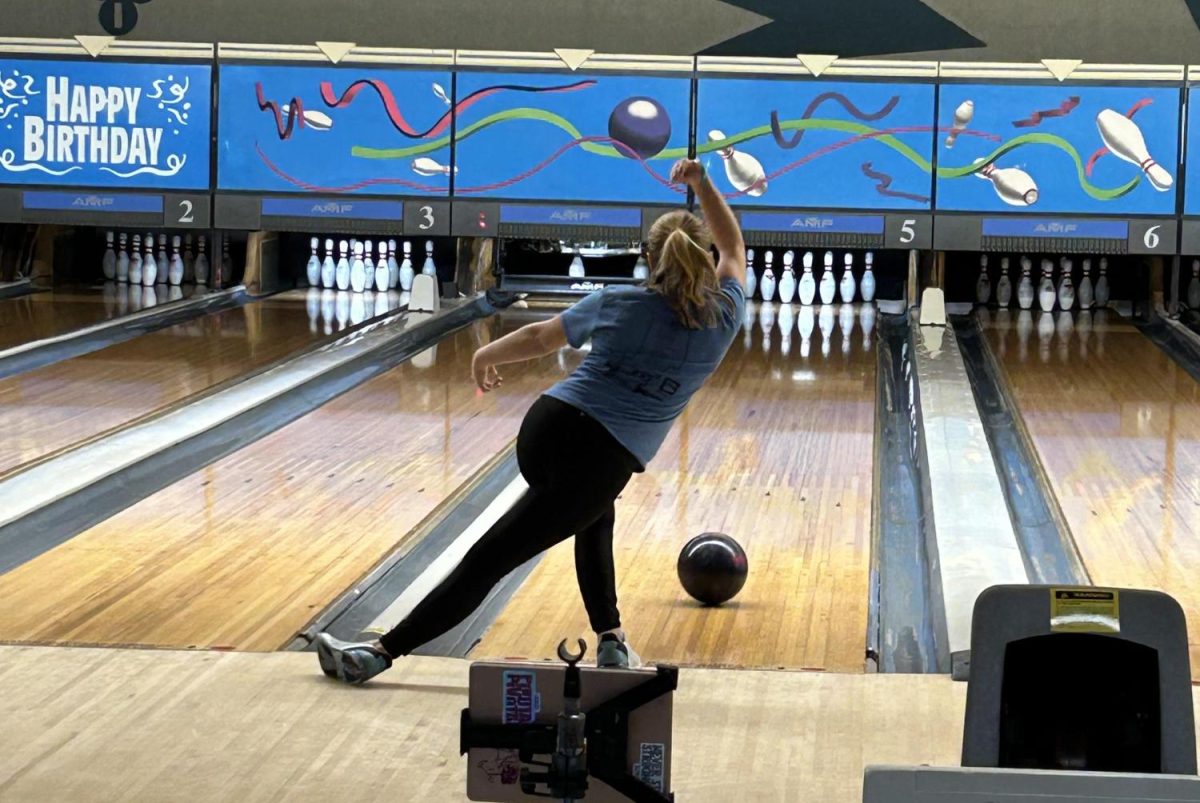
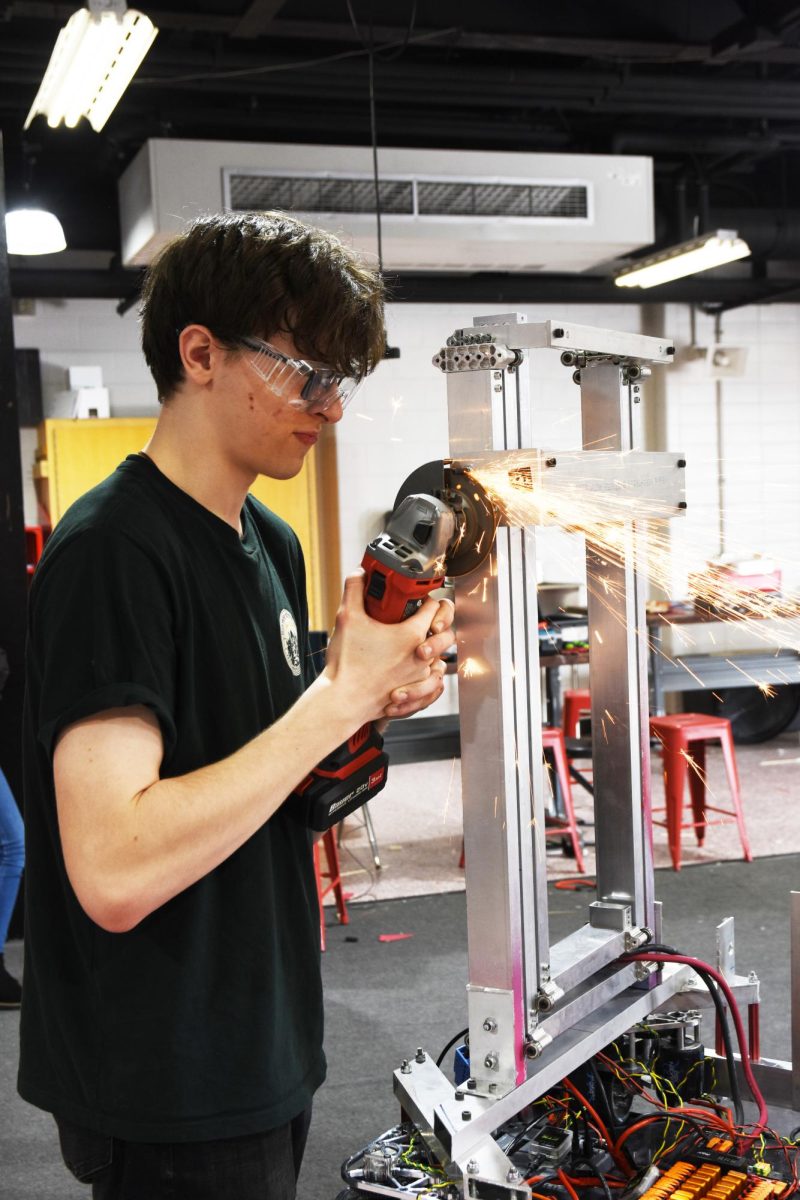
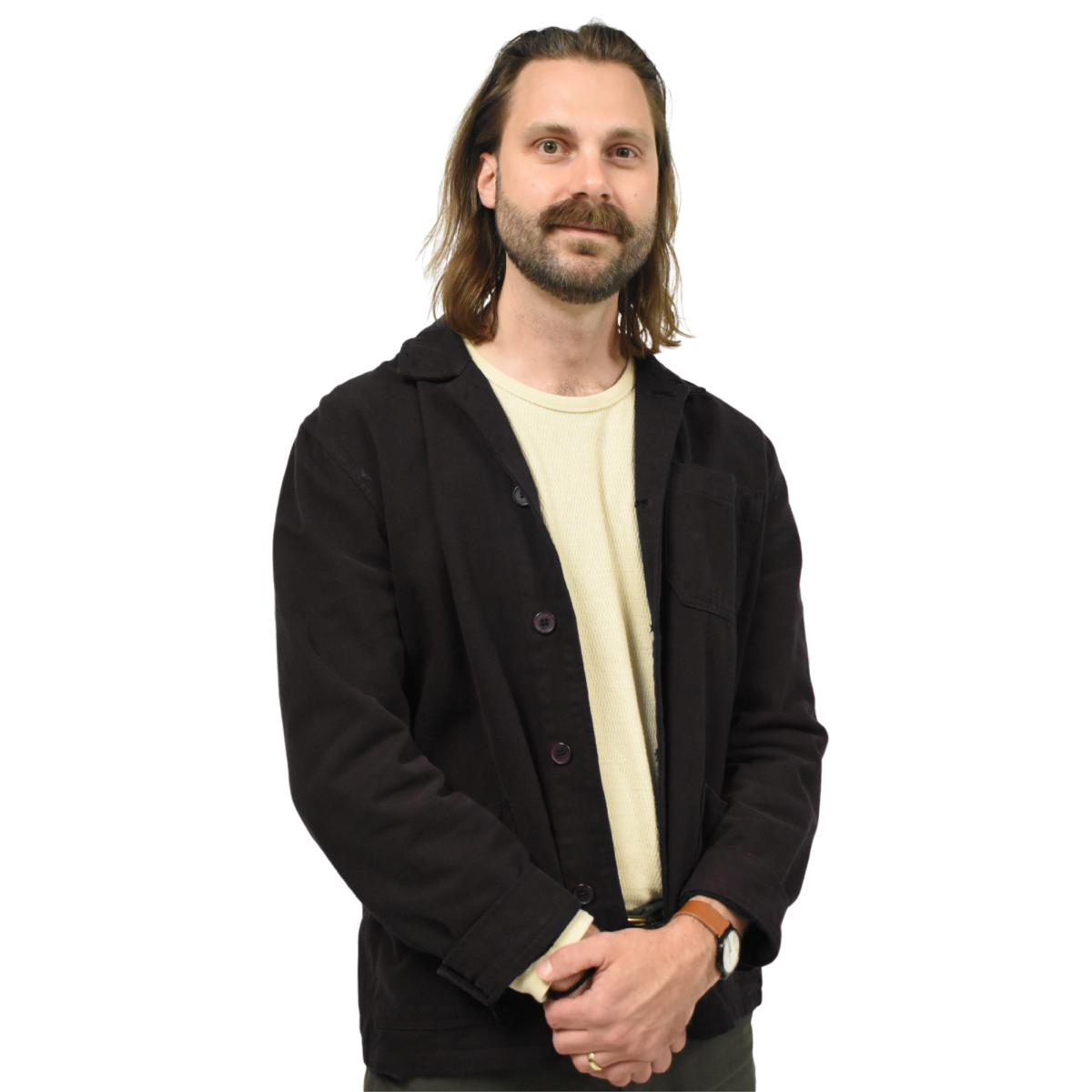
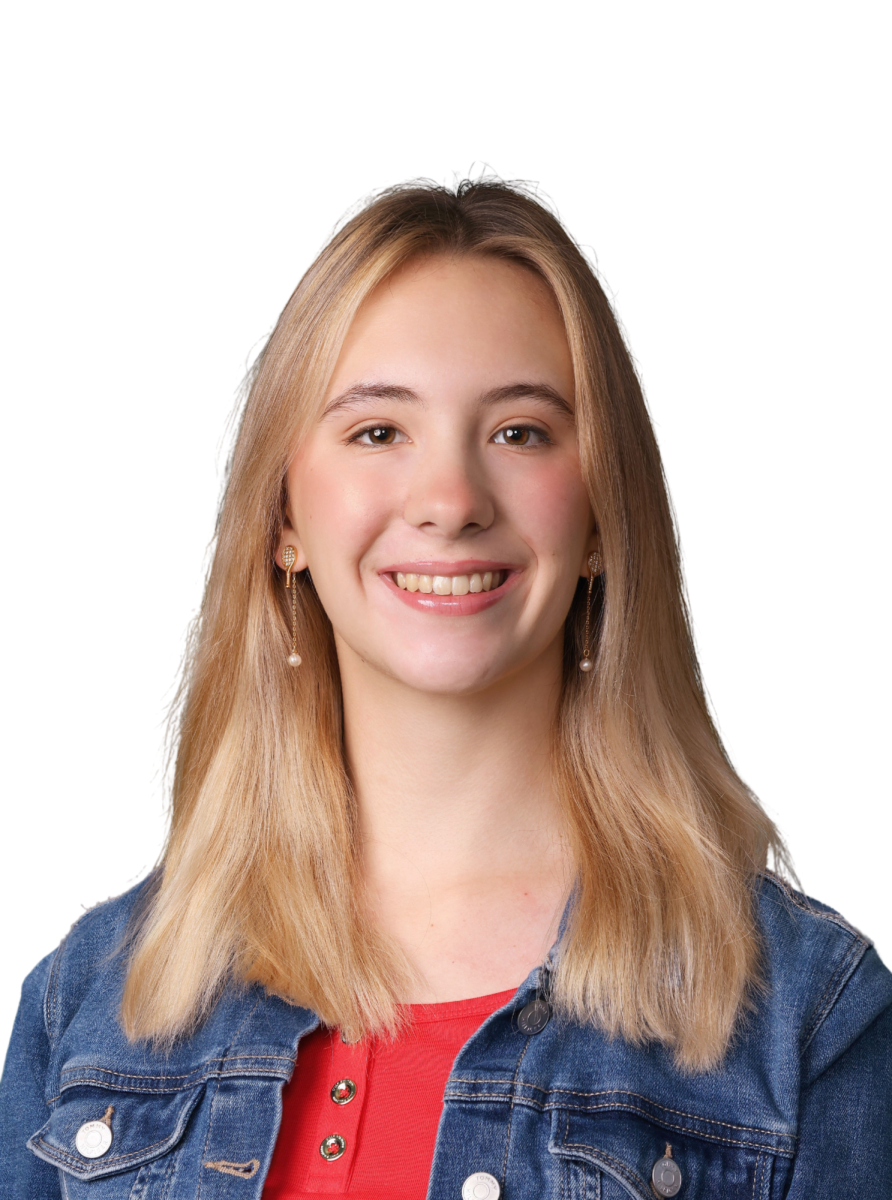
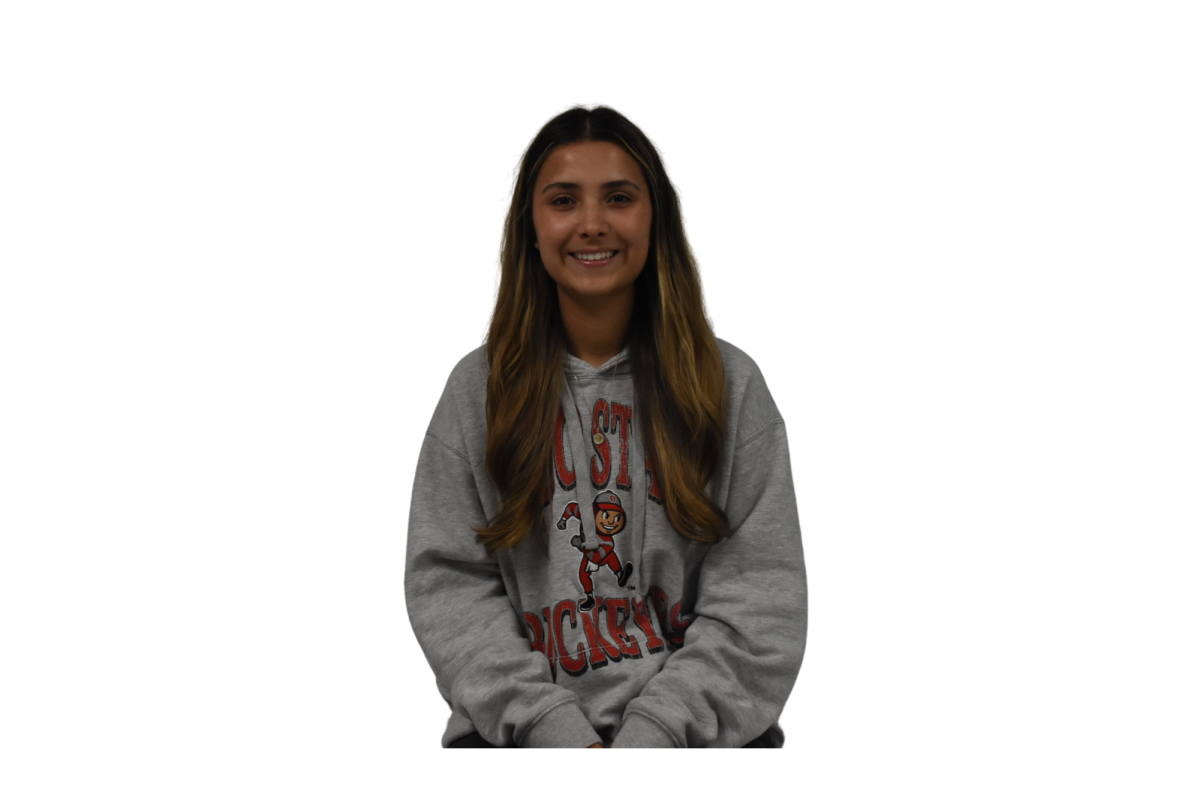

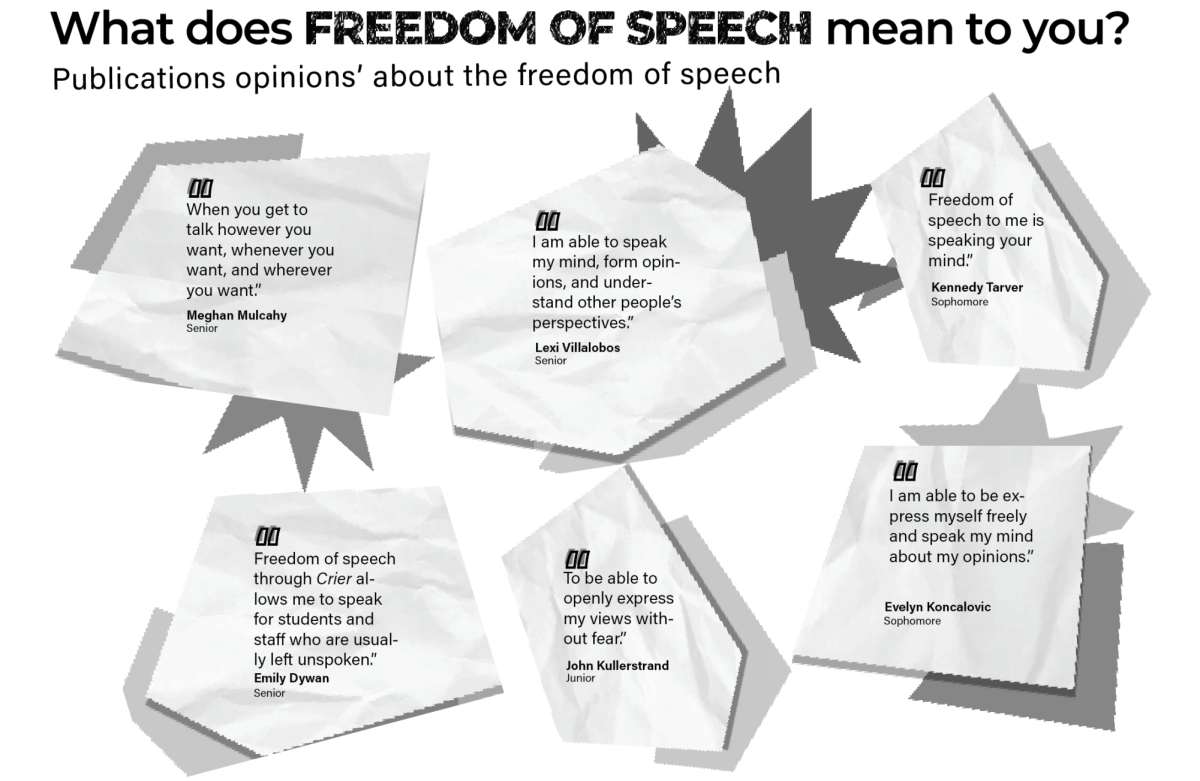
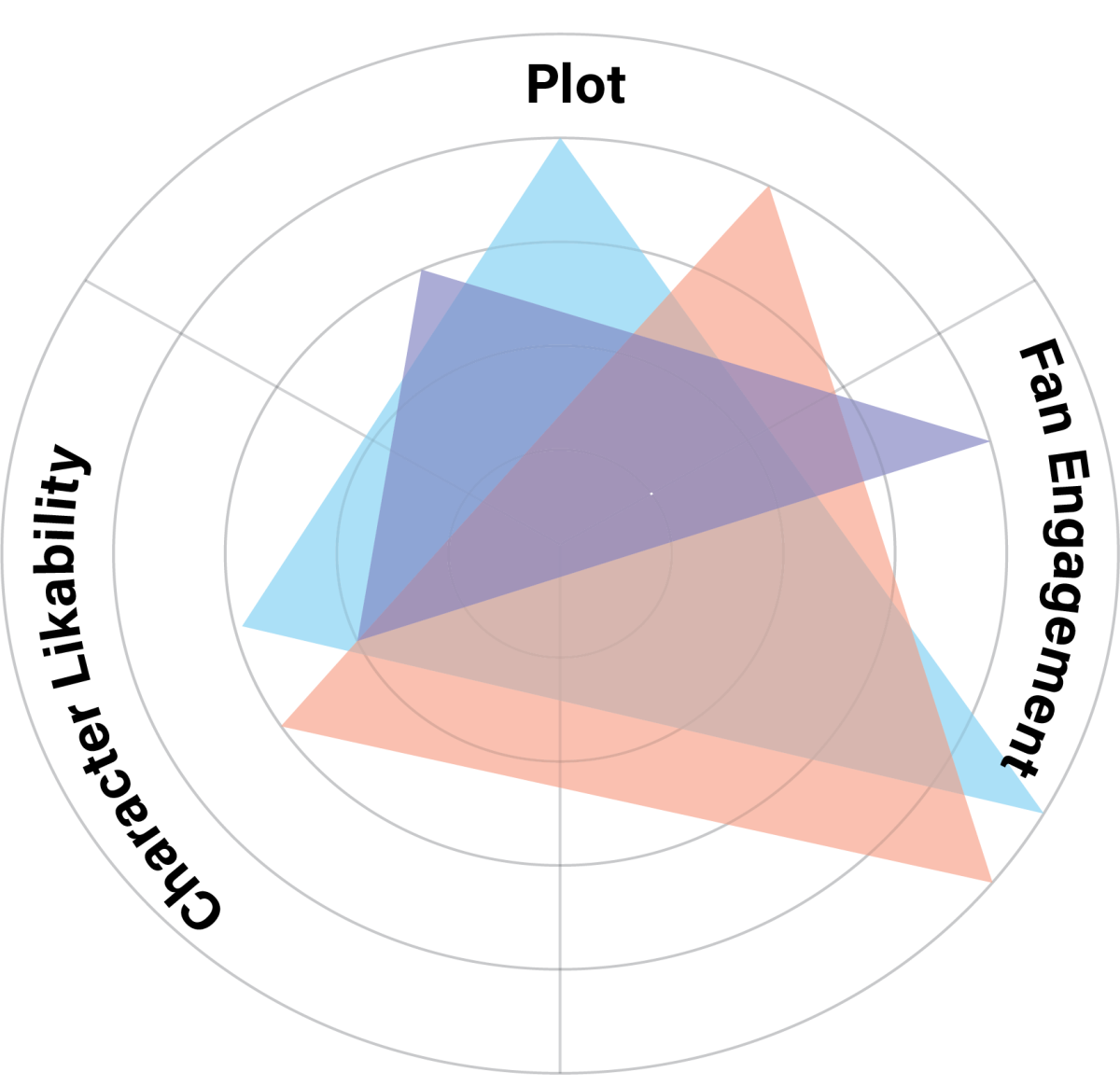

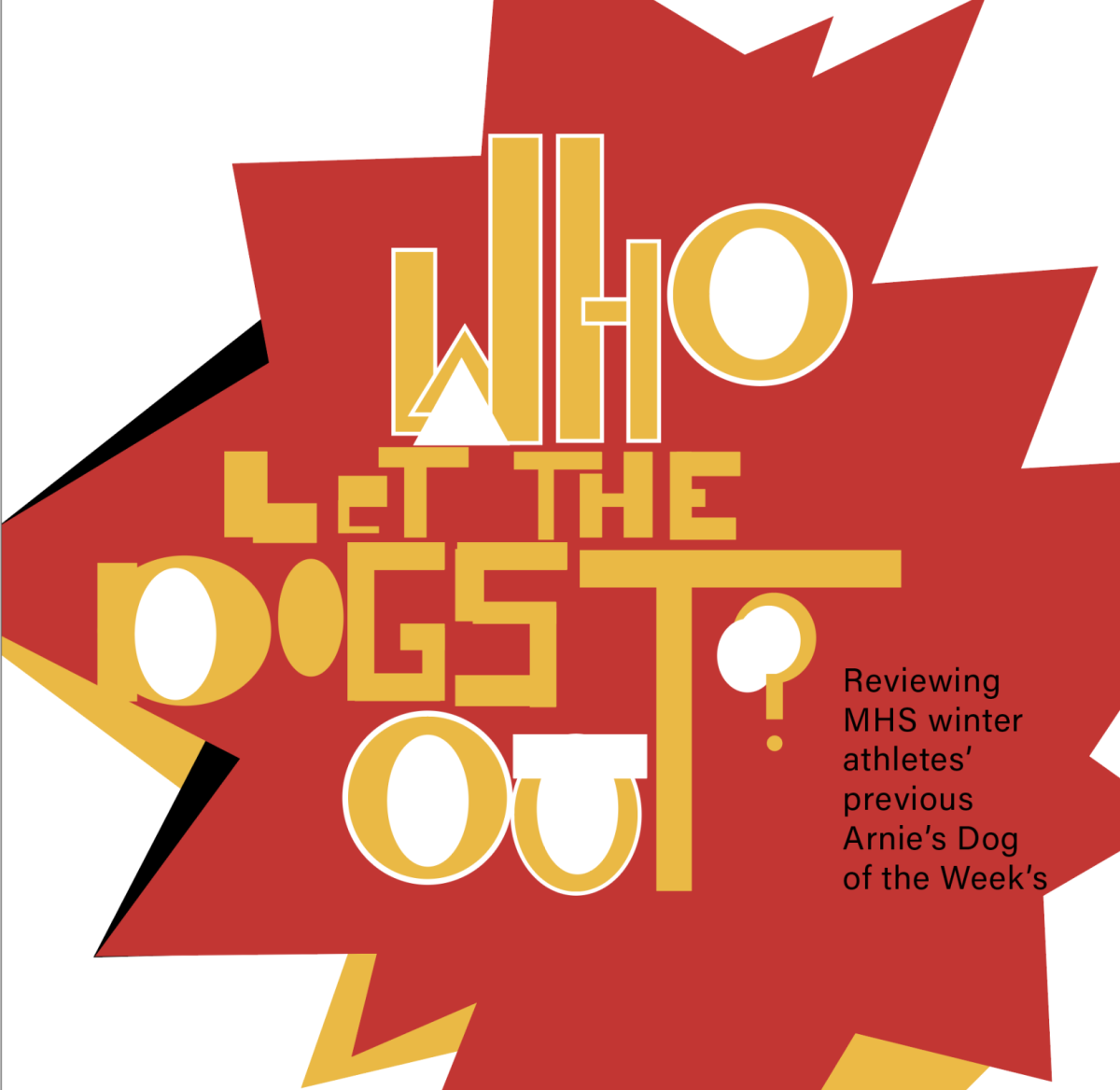
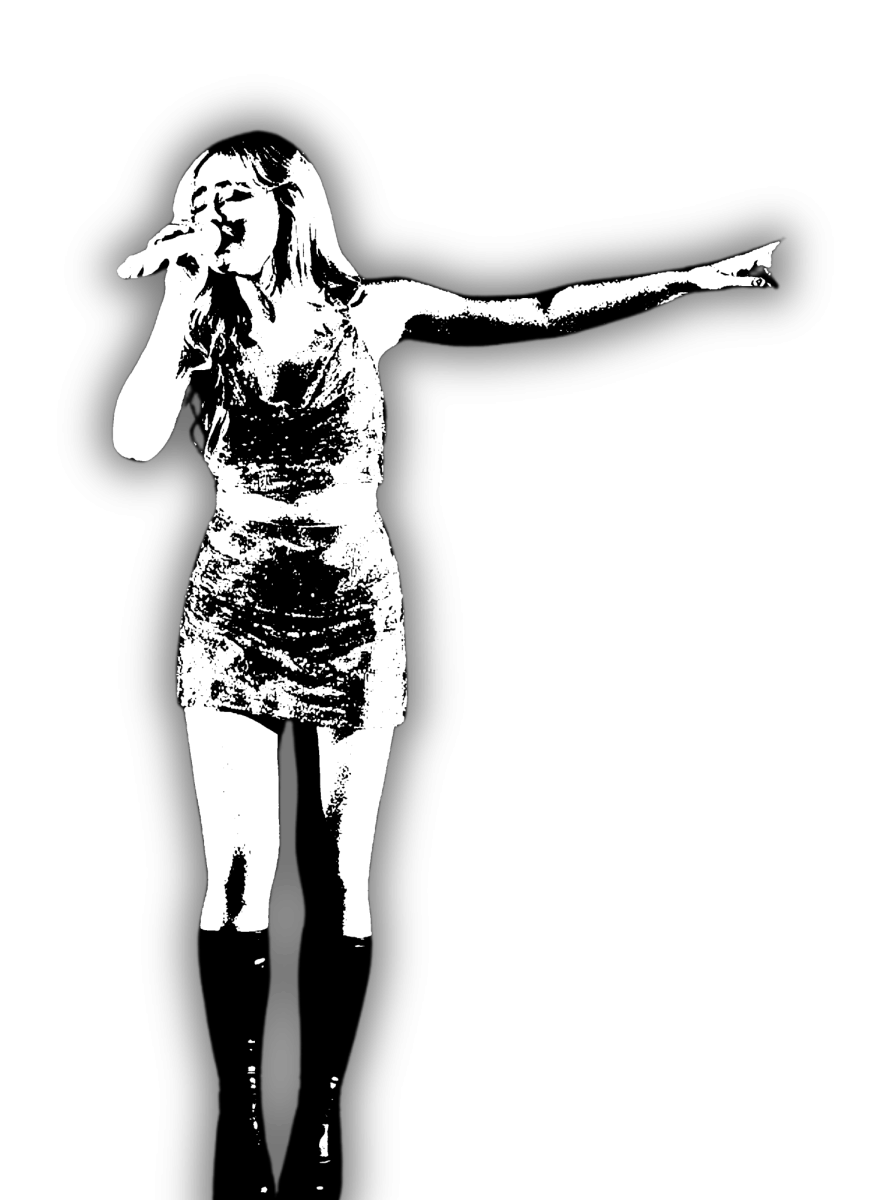
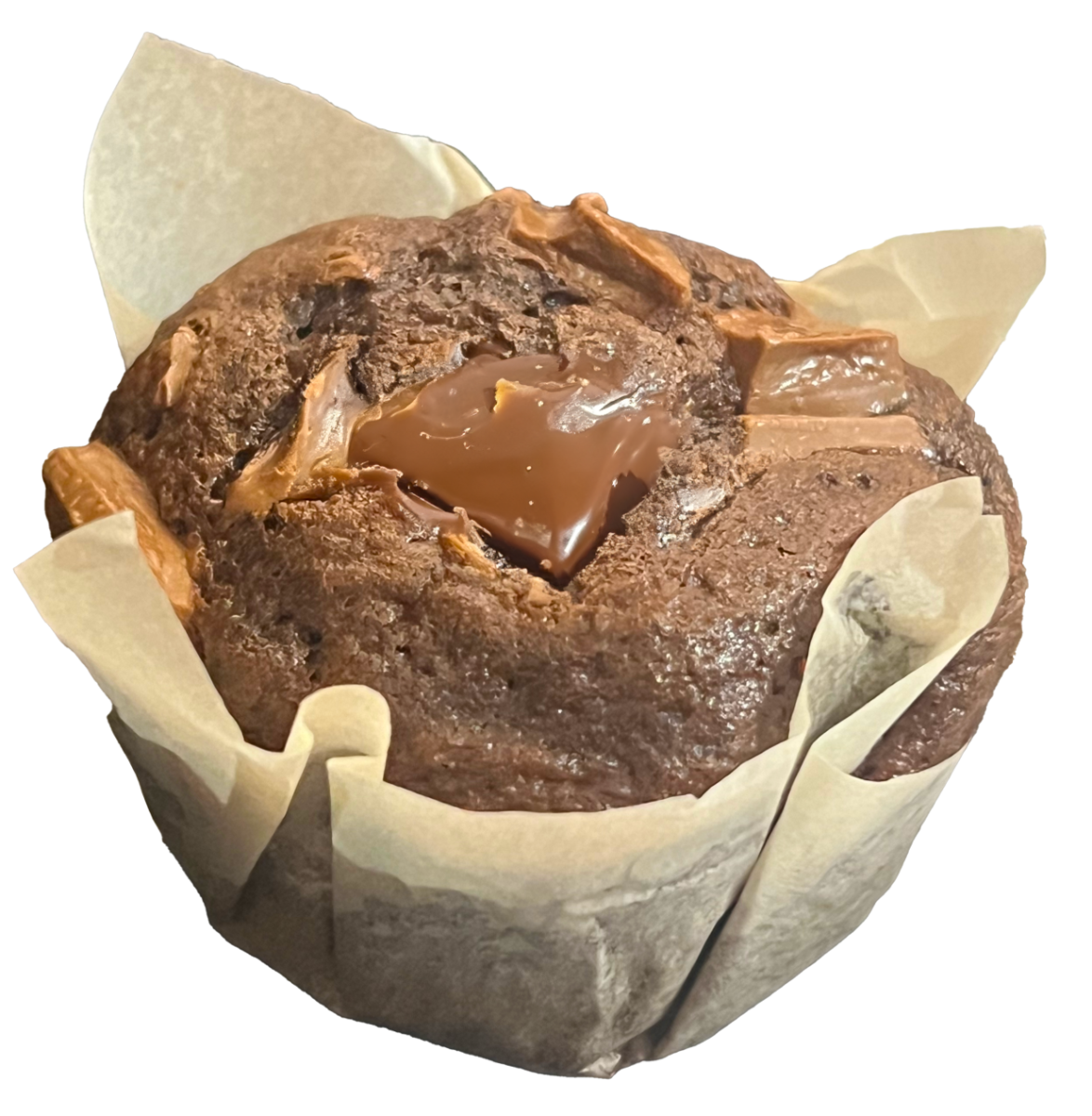
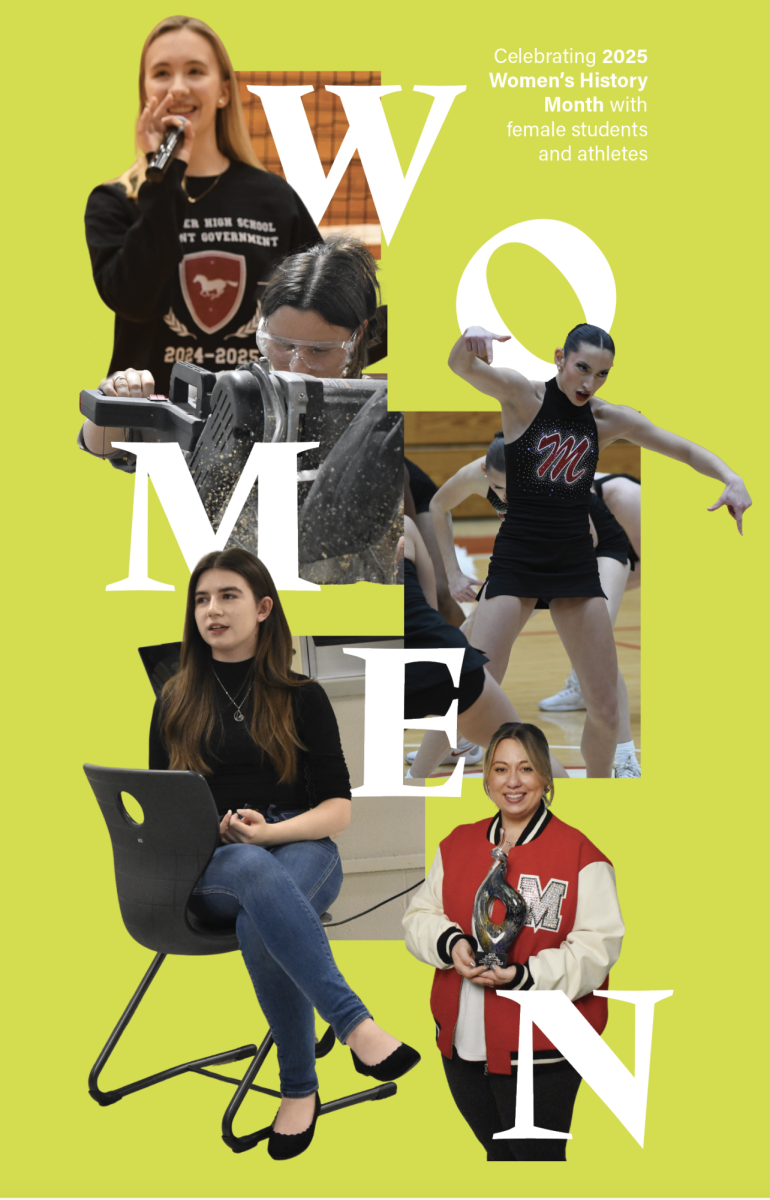
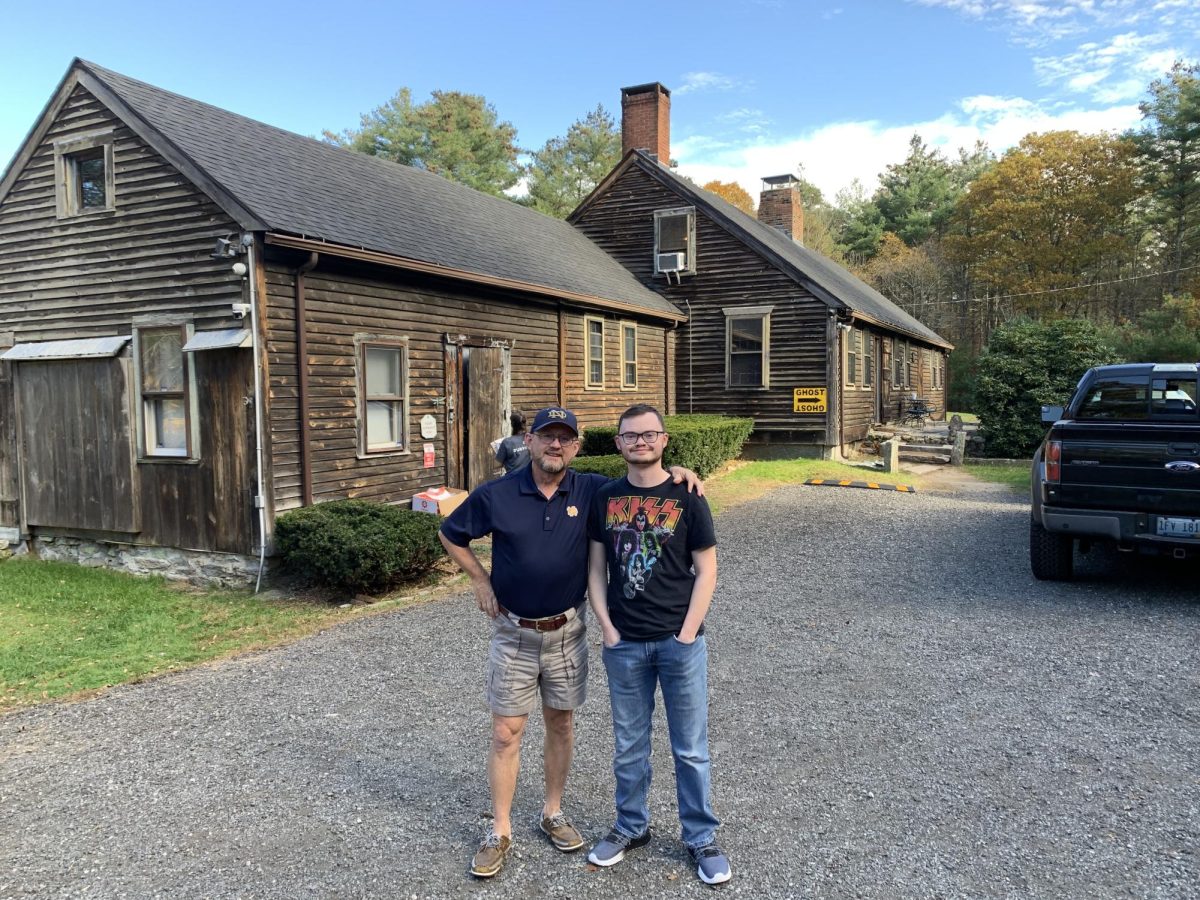
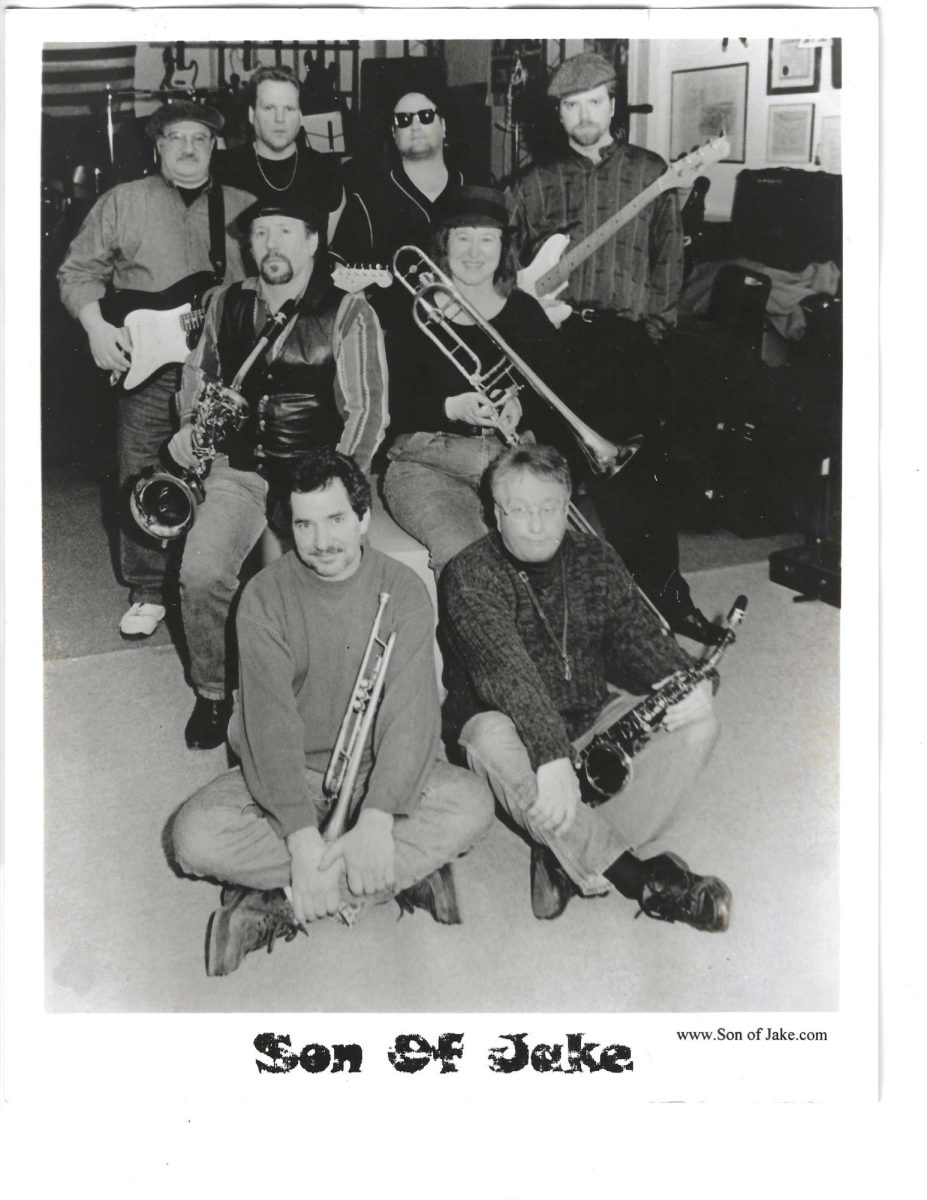
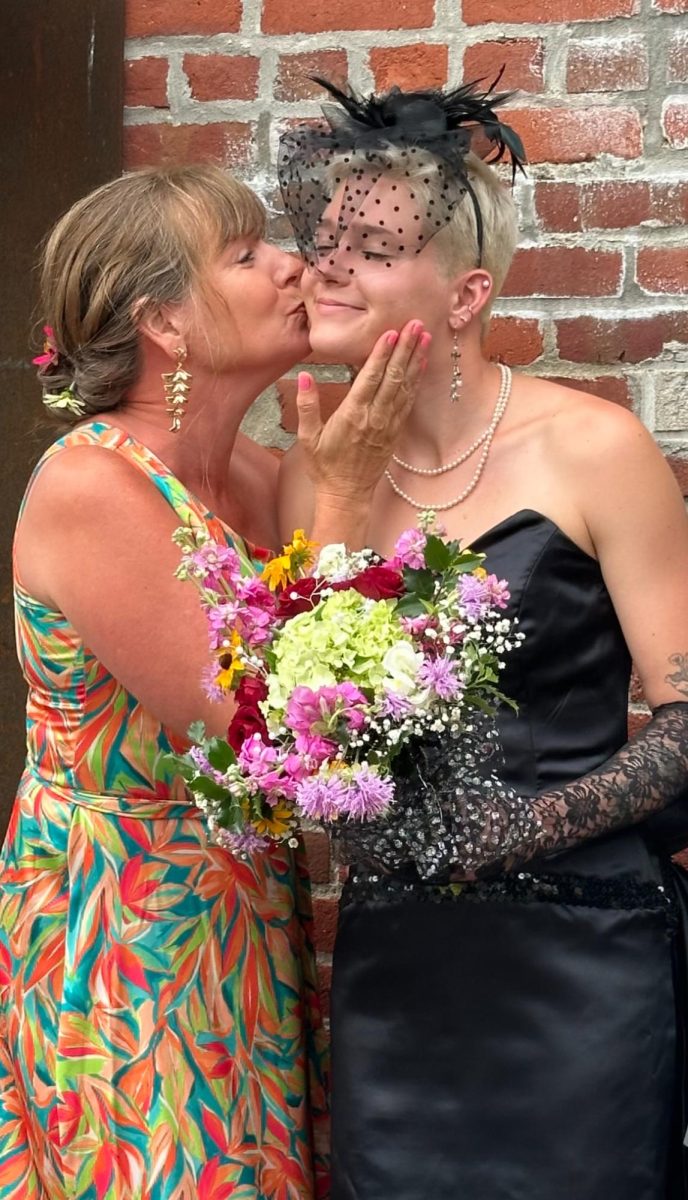
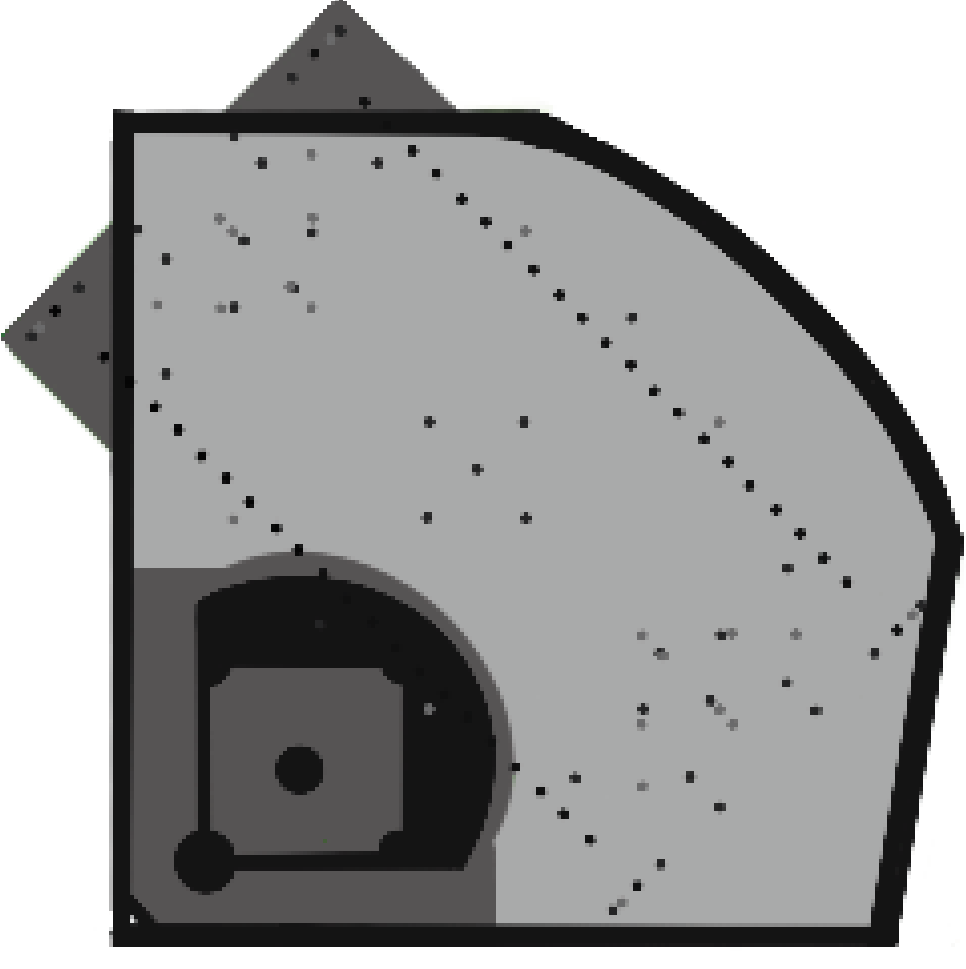
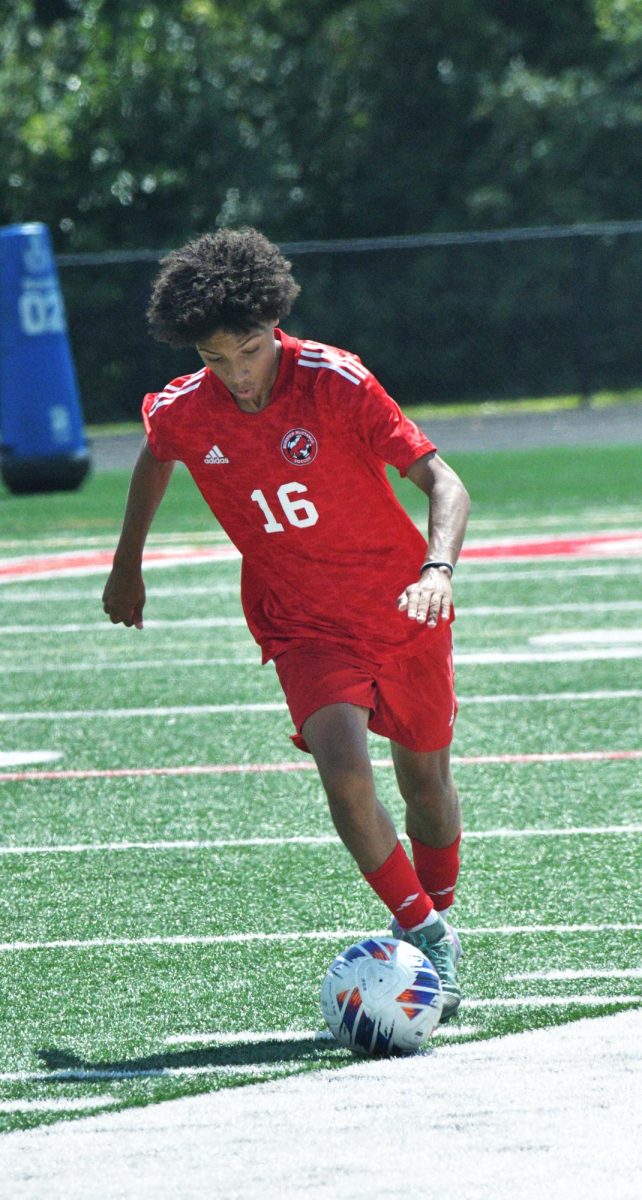
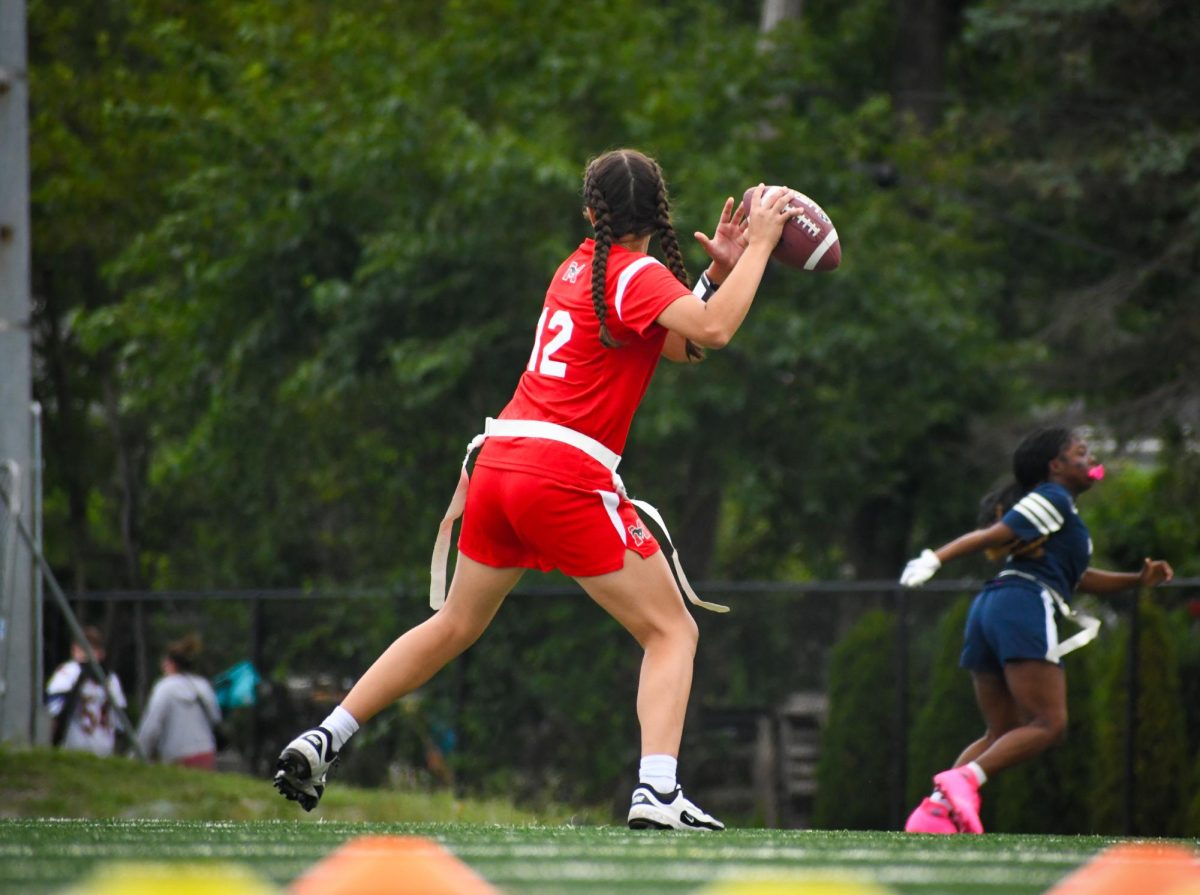
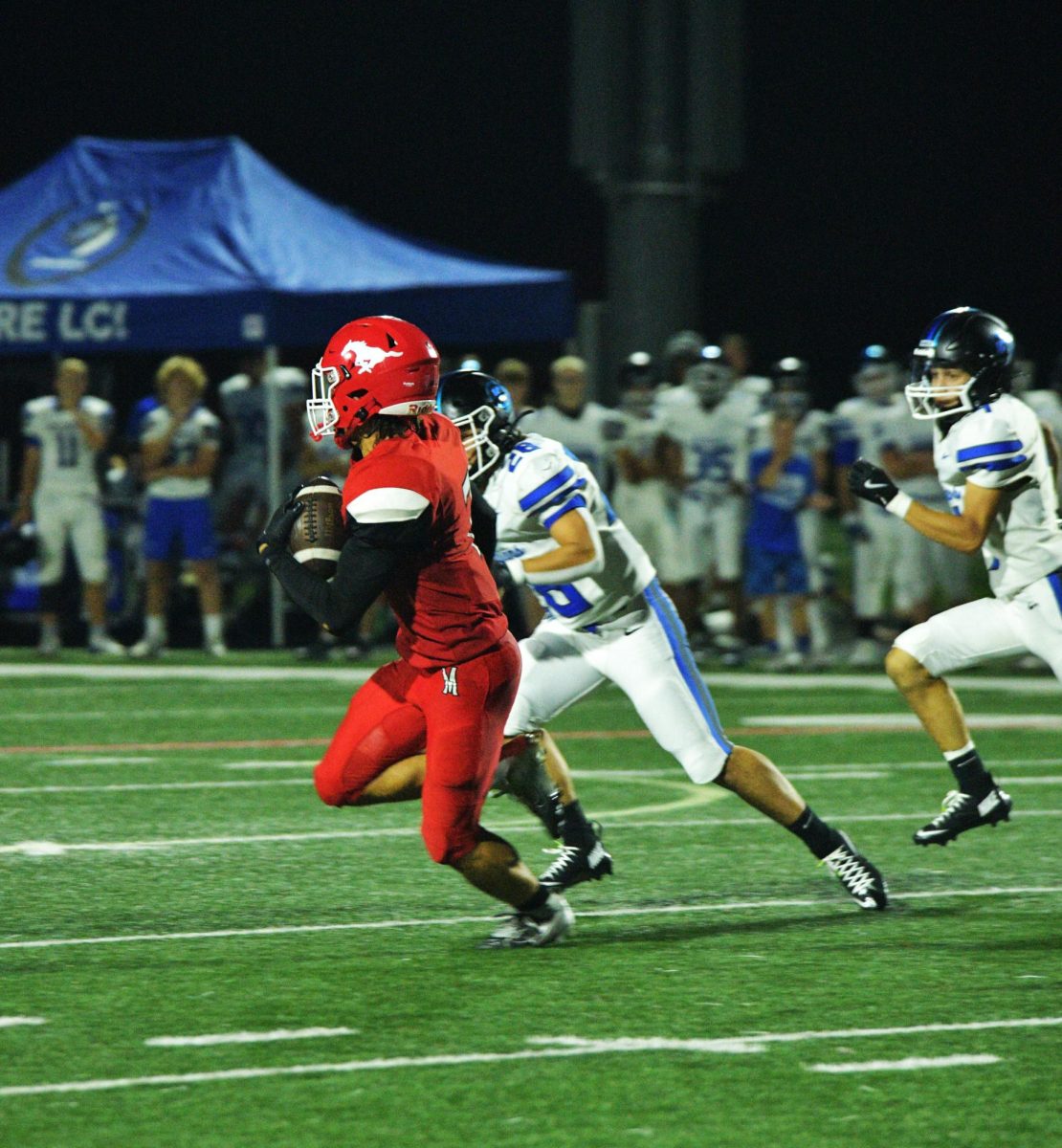
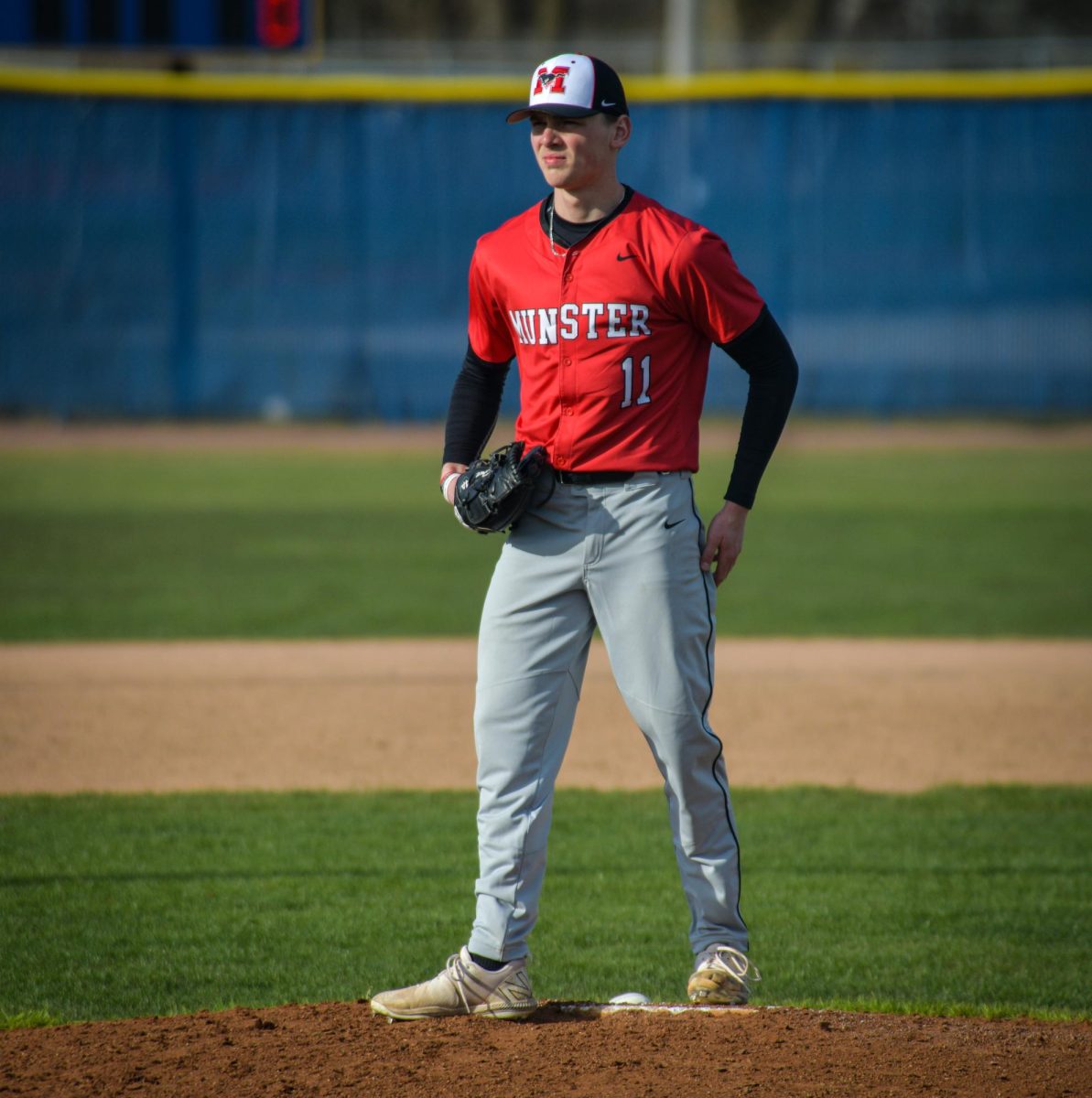
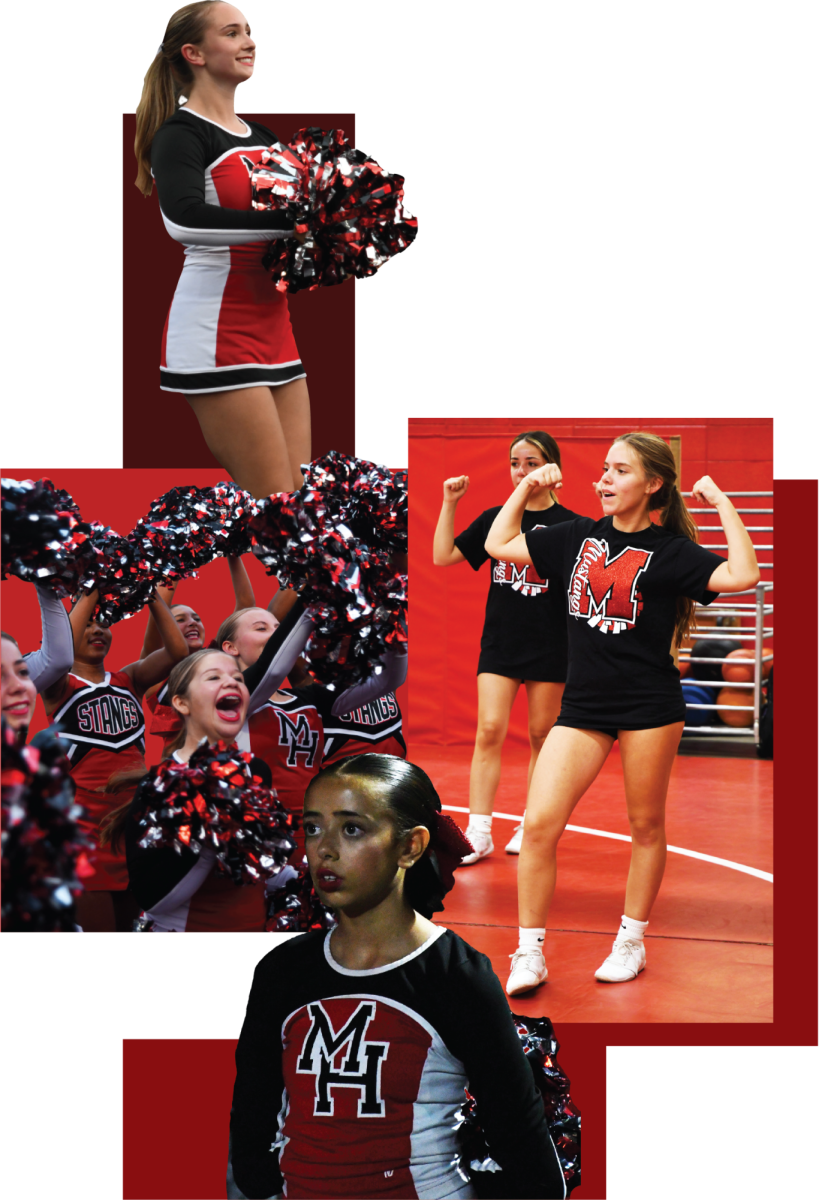
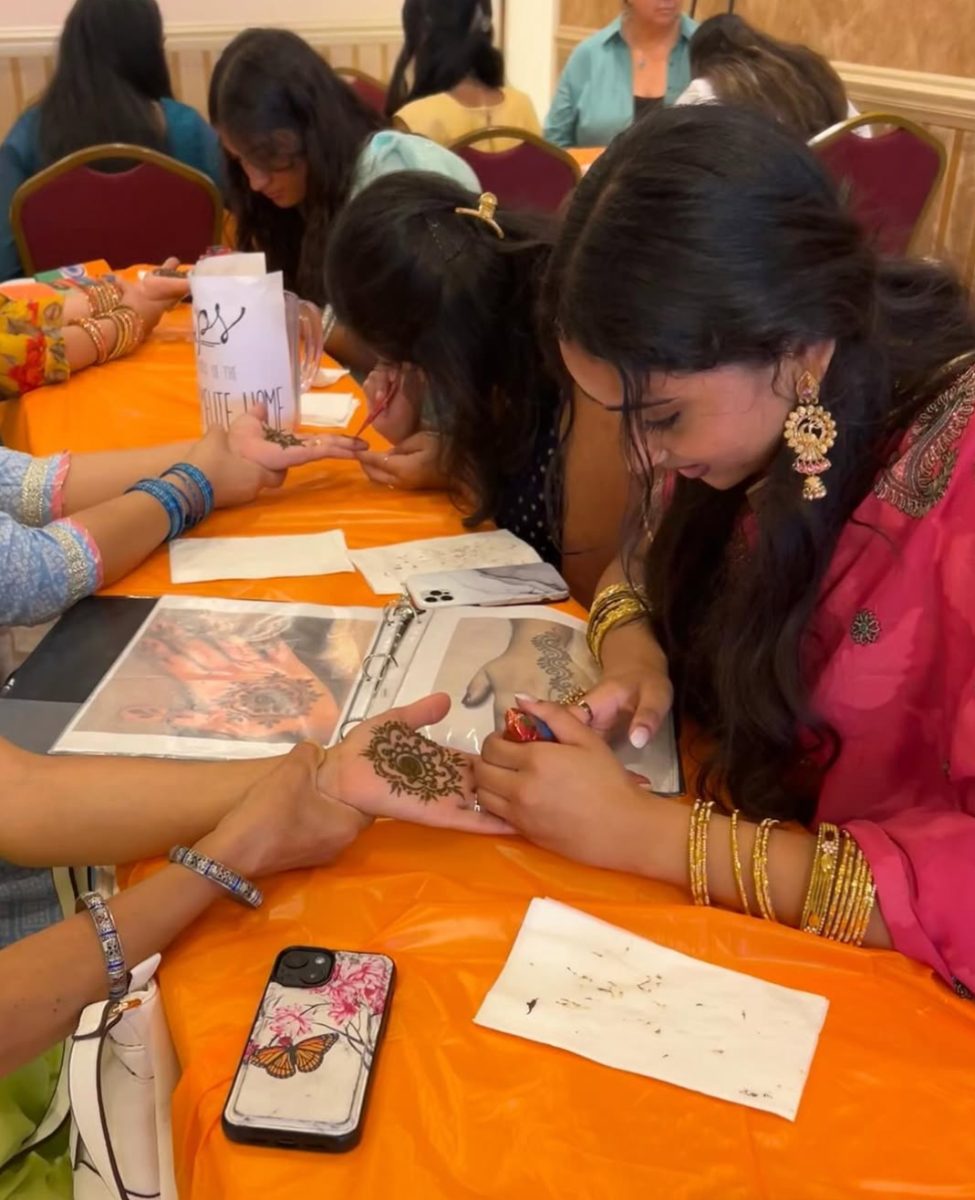
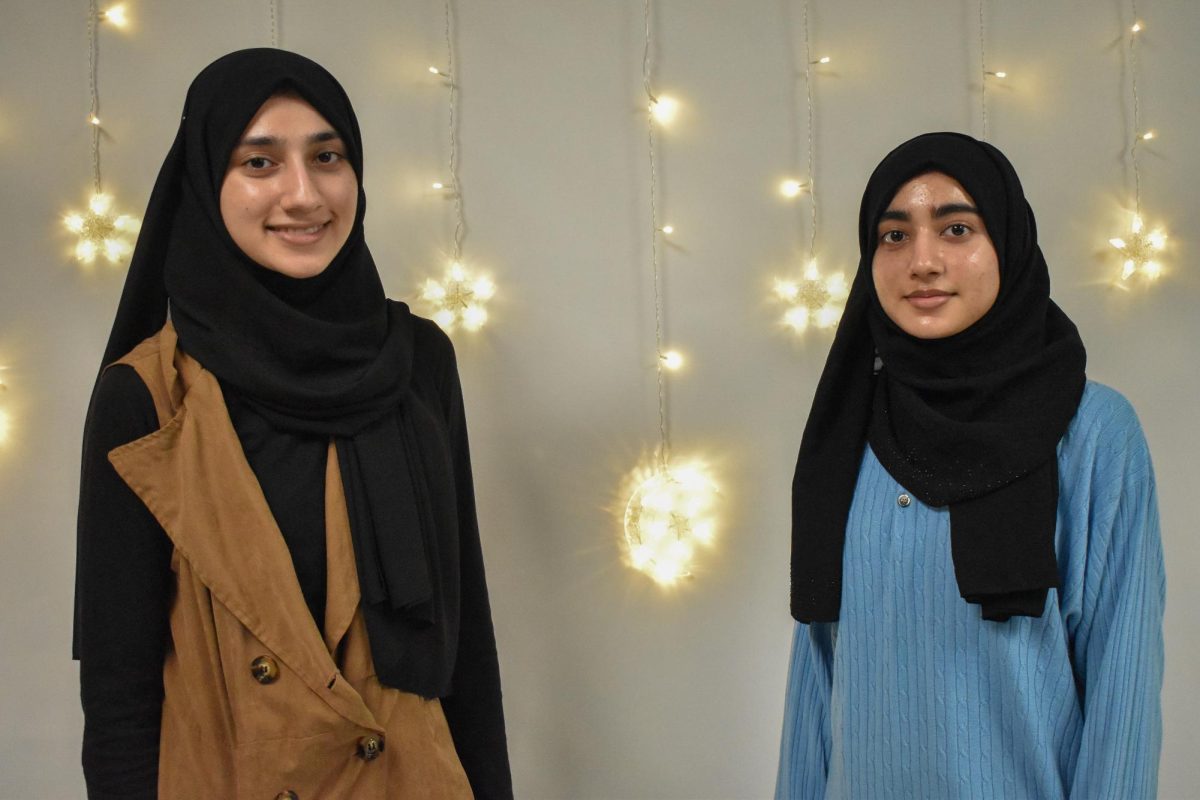
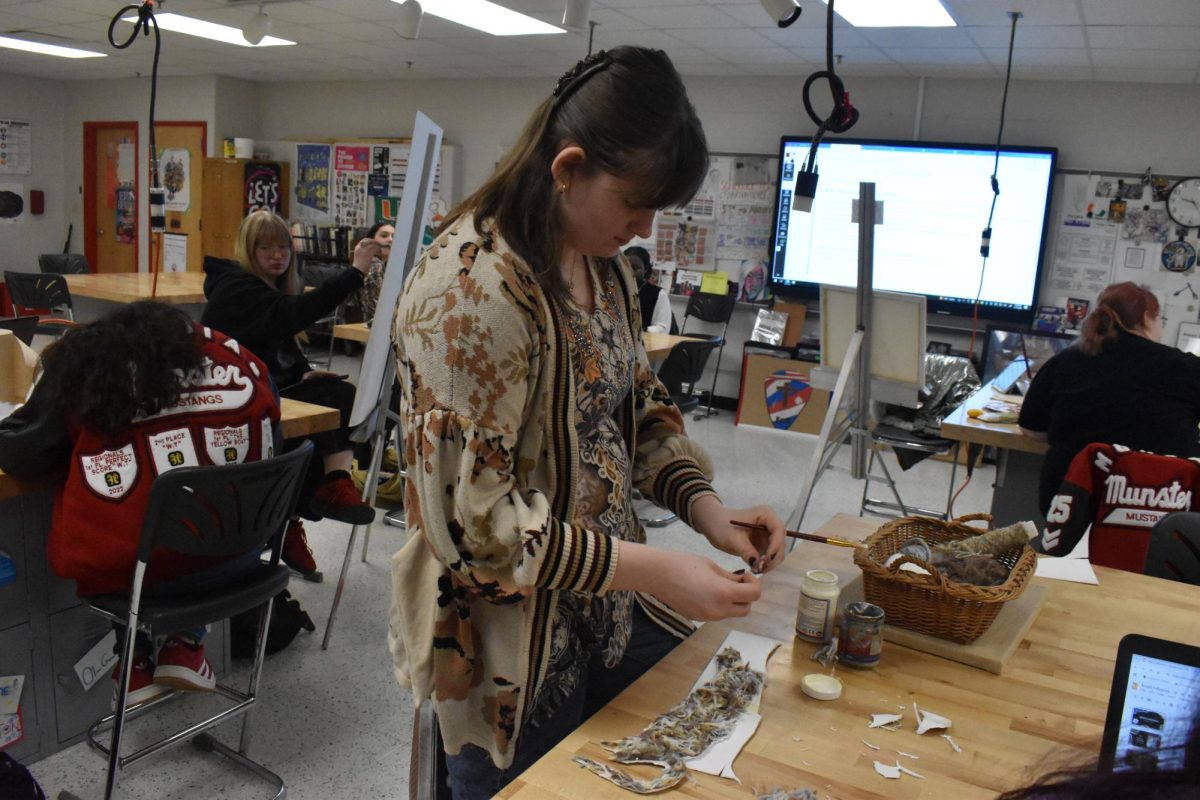
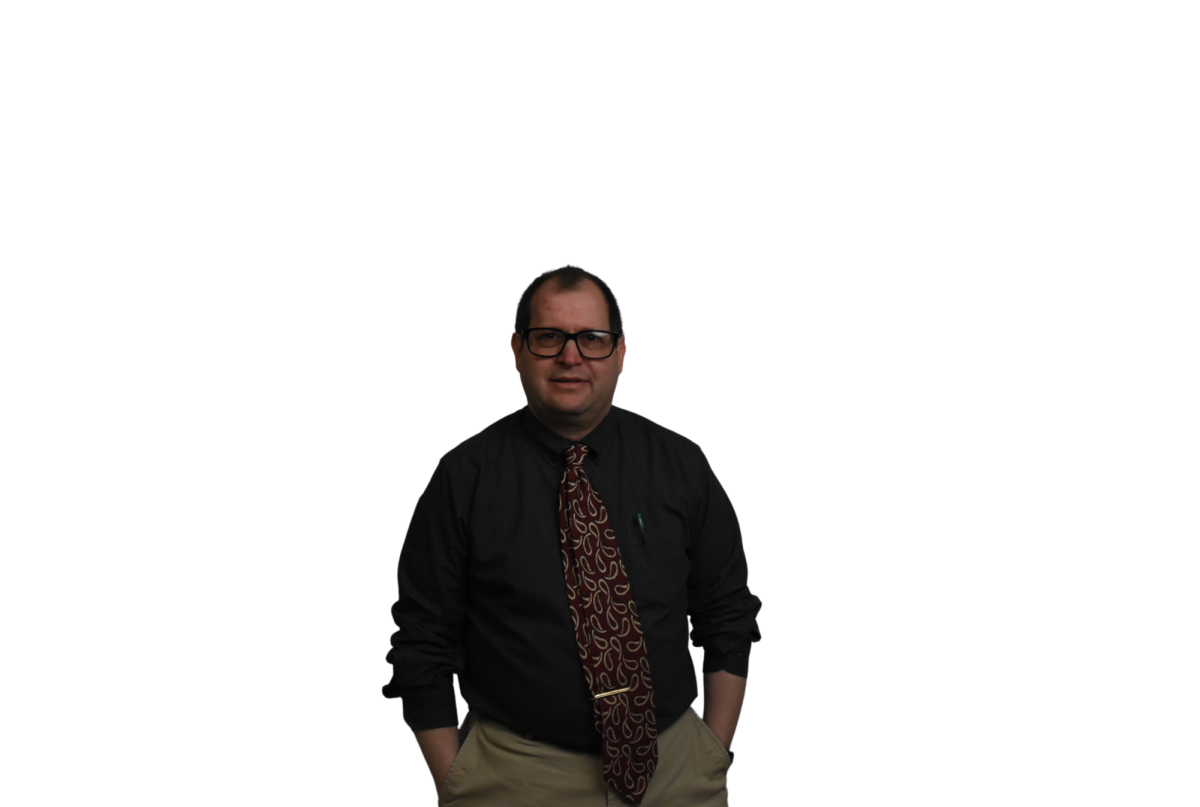
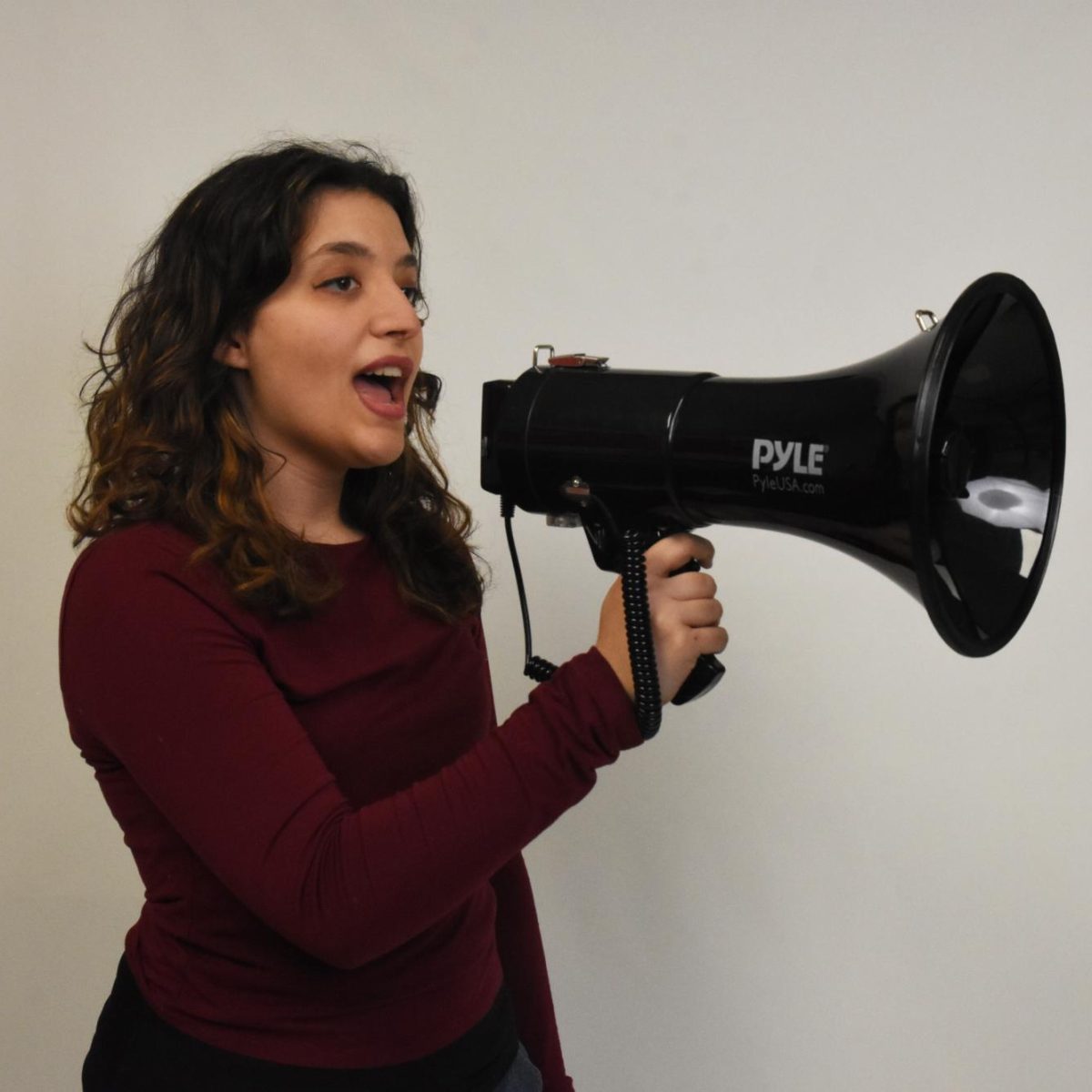
![SNAP HAPPY Recording on a GoPro for social media, senior Sam Mellon has recently started a weekly sports podcast. “[Senior] Brendan Feeney and I have been talking about doing a sports podcast forever. We love talking about sports and we just grabbed [senior] Will Hanas and went along with it,” Mellon said.](https://mhsnews.net/wp-content/uploads/2025/04/sam-892x1200.png)
